How Nutritional Counseling Supports Overall Wellness and Spine Health
October 20, 2025
8 min

A Holistic Approach to Health Through Nutrition and Chiropractic Care
Nutrition is a cornerstone of health, influencing every part of the body including the spine. Paired with chiropractic care, nutritional counseling provides comprehensive support that not only aids in pain relief and tissue repair but also fosters lasting wellness by reducing inflammation and enhancing musculoskeletal function. This article explores how personalized nutritional guidance supports spine health and overall wellbeing, emphasizing the interplay between diet, inflammation, and recovery processes.
Personalized Nutritional Counseling: A Foundation for Spinal Health and Wellness

How does nutritional counseling support spine health and overall wellness?
Nutritional counseling plays a critical role in supporting spine health by reducing systemic inflammation and enhancing tissue repair. It offers personalized dietary guidance tailored to each individual's unique diet, lifestyle, and biochemical needs. This approach helps in managing musculoskeletal function and supporting nerve health, which are vital for overall wellness.
Role of nutritional counseling in addressing inflammation and musculoskeletal function
By focusing on anti-inflammatory foods such as omega-3 fatty acids, vitamin D, magnesium, and antioxidants, nutritional counseling helps decrease chronic inflammation around spinal tissues. This reduction in inflammation supports muscle and ligament function, facilitating faster recovery from injuries and reducing pain.
Assessment of diet, lifestyle, and biochemical needs
The counseling process starts with a comprehensive evaluation of dietary habits, lifestyle factors, and biochemical markers. This thorough assessment enables practitioners to identify nutritional gaps or excesses that may exacerbate spinal conditions or hinder healing.
Personalized nutrition plans tailored to individual health conditions and lifestyle factors
Following assessment, nutrition specialists develop customized plans focused on improving bone density, disc health, and nerve function. These plans integrate beneficial foods like fatty fish, leafy greens, berries, and nuts while minimizing processed foods that promote inflammation.
Collaboration between chiropractors and nutrition professionals
Chiropractors and nutritionists work together to combine structural care with nutritional support. This interdisciplinary approach ensures that spinal adjustments complement optimal nutrient availability, enhancing tissue regeneration and long-term spine wellness.
Patient success stories demonstrating enhanced recovery outcomes
Patients who adopt combined chiropractic and nutritional interventions report notable improvements in pain reduction, mobility, and mental well-being. These successes highlight how targeted nutrition enhances healing and sustains spinal health.
Incorporating personalized nutritional counseling within spinal healthcare creates a powerful foundation for effective treatment, recovery, and lasting wellness.
Key Nutrients and Dietary Patterns That Promote Spine Health

Which nutrients are vital for maintaining a healthy spine?
Vital nutrients for maintaining a healthy spine include calcium and vitamin D, essential for building and preserving bone density. Calcium forms the structural component of bones, while vitamin D improves calcium absorption to ensure bone strength.
Magnesium plays a crucial role by aiding calcium metabolism and supporting muscle and nerve functions important for spinal stability. Proteins contribute to collagen production, which provides flexibility to bones and supports muscle repair, maintaining strength around the spine.
Omega-3 fatty acids, found in fatty fish and seeds, have anti-inflammatory properties that reduce spine-related inflammation and pain. Vitamin C is also important for collagen synthesis, critical to maintaining connective tissue and spinal disc integrity.
What dietary patterns support spine health?
A balanced diet rich in fruits, vegetables, whole grains, and lean proteins ensures a steady supply of antioxidants that combat oxidative stress and support tissue repair.
Anti-inflammatory foods such as turmeric, leafy greens, berries, fatty fish, and nuts help alleviate chronic inflammation seen in spinal conditions and support pain reduction.
Including a variety of colorful fruits and vegetables, whole grains, and lean proteins alongside sufficient hydration creates an optimal environment for spinal tissue healing and long-term wellness. Avoiding processed foods high in sugar and unhealthy fats supports this goal by minimizing systemic inflammation.
Adopting these nutrient-rich dietary habits complements spinal health efforts and boosts overall musculoskeletal function.
Nutrition’s Role in Reducing Inflammation and Managing Chronic Spinal Conditions

How does nutrition help manage inflammation related to spinal health?
Nutrition helps control inflammation affecting the spine by promoting diets rich in anti-inflammatory foods. Omega-3 fatty acids found in fatty fish, alongside antioxidants and phytonutrients from fruits and vegetables, reduce inflammatory cytokines linked to chronic back pain and disc degeneration.
Impact of systemic inflammation on spinal pain and degeneration
Systemic inflammation exacerbates spinal pain and accelerates degeneration by sensitizing nerve pathways and damaging spinal tissues. Excess adipose tissue, commonly seen in obesity, produces pro-inflammatory cytokines (like IL-6, TNF-α, CRP) that increase this inflammatory state and worsen symptoms such as low back pain (Nutrition and Low Back Pain).
Anti-inflammatory dietary patterns such as Mediterranean and plant-predominant diets
Diets like the Mediterranean diet—with high intake of fruits, vegetables, whole grains, nuts, and healthy fats—are associated with reduced systemic inflammation. Plant-predominant diets also support lower levels of inflammatory markers, thereby potentially mitigating spinal conditions.
Effect of excess adipose tissue and obesity on inflammation and back pain
Obesity increases pro-inflammatory adipokines which promote chronic inflammation and pain sensitization. This supports the importance of maintaining healthy body weight through nutrition counseling to reduce the burden on spinal structures.
Role of gut microbiome health in modulating inflammation and pain
A healthy gut microbiome modulates immune responses and decreases inflammation via production of short-chain fatty acids and other metabolites. Consuming probiotics, prebiotics, and fermented foods fosters gut flora balance, helping manage spinal inflammation and associated pain.
Strategies to reduce intake of pro-inflammatory foods and advanced glycation end products (AGEs)
Limiting processed foods, added sugars, trans fats, and high-heat cooked foods reduces intake of pro-inflammatory components and AGEs, substances that exacerbate tissue degeneration and inflammation in the spine (Nutrition and Low Back Pain.
Overall, integrating anti-inflammatory nutrition with lifestyle strategies supports chronic spinal condition management by reducing systemic inflammation, supporting tissue health, and optimizing pain control.
Integrating Nutritional Counseling With Chiropractic and Rehabilitation Therapies

How does nutritional counseling complement chiropractic and rehabilitation care?
Nutritional counseling enhances chiropractic and rehabilitation therapies by providing vital nutrients that support tissue regeneration, improve nerve function, and facilitate muscle relaxation. Essential nutrients such as calcium, vitamin D, magnesium, B vitamins, omega-3 fatty acids, and antioxidants are critical for repairing bones, muscles, and connective tissues involved in spinal health (Nutrition and Spine Health, Nutritional Counseling & Chiropractic).
Synergistic effects of combining nutrition with chiropractic adjustments and physical therapy
When paired with chiropractic treatments like spinal adjustments and rehabilitation therapies including physical exercise, nutritional counseling helps reduce systemic inflammation and promotes faster healing. This combined approach supports nerve health, reduces pain, and strengthens musculoskeletal structures (Nutrition and Chiropractic Care, Nutritional Counseling for Recovery).
Specialty services complemented by targeted nutrition strategies
Advanced treatments such as spinal decompression and cold laser therapy benefit from tailored nutritional plans. These diets emphasize anti-inflammatory foods and supplements like collagen peptides and vitamin C to optimize tissue repair and patient recovery (Collagen Peptides and Tissue Repair, Nutrition for Spinal Injury Recovery).
Importance of hydration for disc health and nutrient transport
Maintaining adequate hydration is crucial for spinal disc elasticity and nutrient transport. Proper water intake ensures discs remain flexible, reducing injury risks while facilitating efficient delivery of nutrients to spinal tissues (Hydration and Spinal Disc Health, Nutrition for Spinal Cord Injury).
Role of ongoing follow-up and lifestyle guidance in sustaining wellness
Continuous nutritional guidance alongside chiropractic care helps sustain long-term wellness. Regular follow-ups encourage adherence to personalized dietary plans, reinforce healthy lifestyle habits, and aid in preventing recurrence of spinal problems, supporting overall spine health and function (Personalized Nutritional Plans, Nutritional Counseling Benefits).
The Broader Impact of Nutritional Counseling on Overall Wellness and Mental Health

How Does Nutrition Influence Mental Health through Neurotransmitters and the Gut-Brain Axis?
Nutrition plays a significant role in mental well-being by supporting the production of neurotransmitters like serotonin, which regulates mood, sleep, and appetite. About 95% of serotonin is produced in the gastrointestinal tract, linking gut health closely to brain function. A healthy gut microbiome, fostered by fiber-rich and fermented foods, helps regulate inflammation and neurotransmitter levels, contributing to improved mood and cognitive function (Nutritional psychiatry, Nutrition and mental health, Nutrition and mental well-being connections).
What Are the Benefits of Nutritional Counseling in Managing Chronic Diseases and Enhancing Energy and Mood?
Nutritional counseling provides personalized guidance to prevent and manage chronic illnesses such as diabetes, hypertension, and heart disease. By improving diet quality, patients often experience better blood sugar control, reduced inflammation, increased energy, and enhanced sleep quality. Proper nutrition also supports immune function and mental health, leading to overall improved well-being (Nutrition counseling benefits, Nutrition and Wellness, Nutrition counseling benefits, Nutritional counseling benefits).
How Does Dietary Education, Mindful Eating, and Behavior Modification Support Lasting Lifestyle Changes?
Through education on balanced diets, portion control, and reading food labels, nutritional counseling empowers individuals to make sustainable dietary changes. Mindful eating helps recognize hunger cues and emotional triggers, while behavior modification strategies encourage gradual, manageable adjustments. This comprehensive approach fosters long-term healthy eating habits essential for ongoing wellness (What is Nutrition Counseling, Nutritional Wellness and Overall Well-being, Nutritional counseling overview, Balanced diet essentials).
What Is the Connection Between Healthy Weight Management and Reduced Spinal Stress?
Maintaining a healthy weight lessens the mechanical load on the spine, decreasing the risk of back pain and spinal degeneration. Weight management also reduces systemic inflammation linked to obesity, which can exacerbate musculoskeletal problems. Nutrition counseling helps achieve this balance through tailored meal plans and lifestyle advice, supporting both spine health and overall vitality (What is Nutrition Counseling, Nutrition and Low Back Pain, weight and spinal health, Nutrition for Spine Rehab.
How Do Community and Professional Support Help Maintain Long-Term Healthy Habits?
Ongoing guidance from registered dietitians and nutrition professionals ensures accountability and adaptation to individual needs over time. Community programs, wellness groups, and supportive services provide motivation and resources critical for sustaining lifestyle changes. This network enhances adherence to healthy habits, reducing the risk of chronic illness and promoting mental and physical wellness (Nutritional counseling benefits, Nutrition and Wellness, Nutritional Counseling at Northwestern Medicine, Nutrition counseling benefits.
Nutritional Counseling: A Pillar of Holistic Spine and Wellness Care
Nutritional counseling stands as a critical element in supporting spinal health and overall wellness by addressing inflammatory processes, nutrient deficiencies, and lifestyle factors that influence musculoskeletal function and recovery. When integrated with chiropractic care and rehabilitation therapies, personalized nutrition empowers individuals to heal effectively, manage chronic pain, and sustain long-term health. Moreover, its benefits extend beyond physical health, enhancing mental well-being and reducing risks of chronic illnesses. Embracing nutritional counseling as part of a holistic health strategy offers a promising path to achieving balanced, resilient wellness for the spine and the whole body.
Recent articles
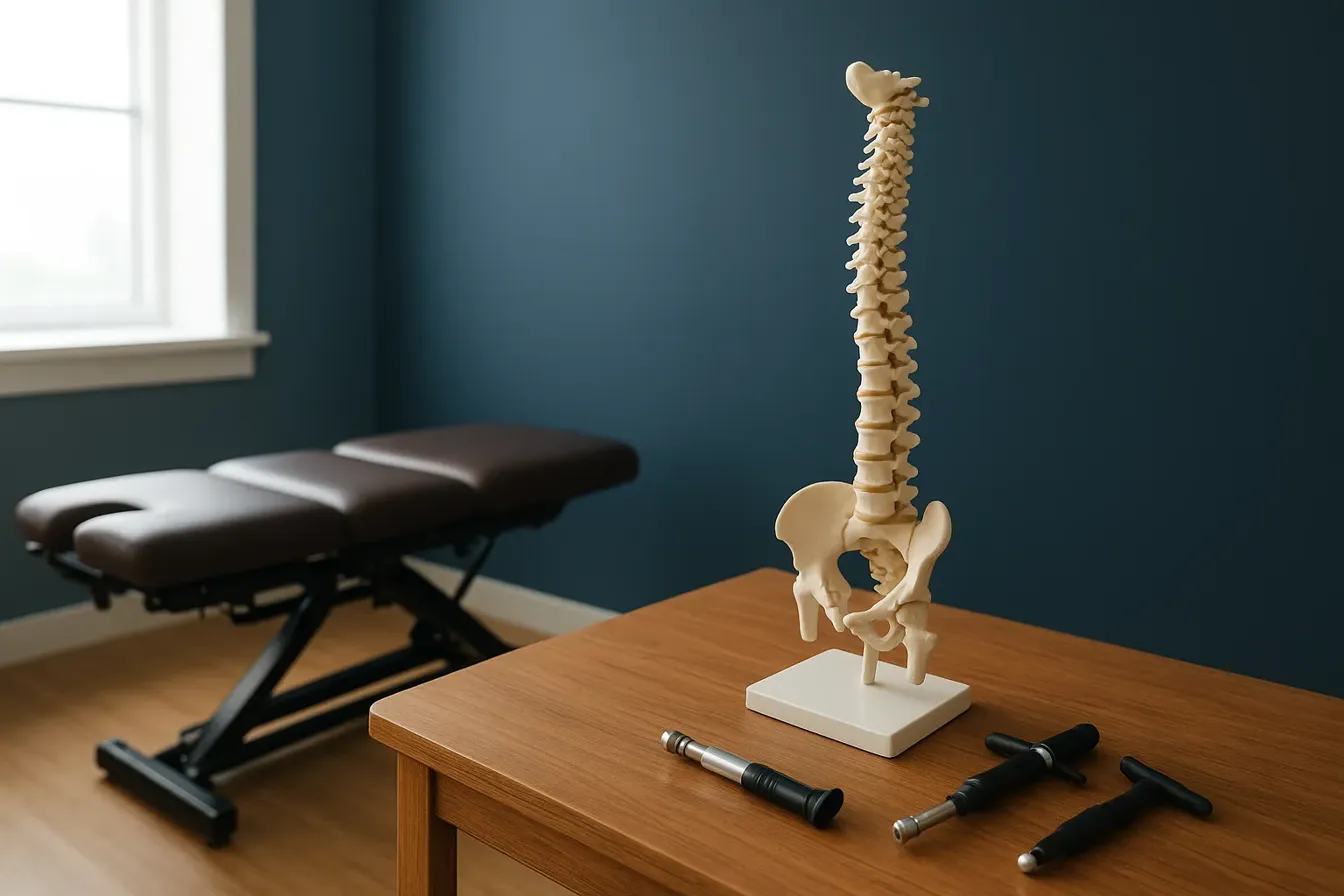
10 Corrective Exercises to Maintain a Healthy Spine and Relieve Pain

Exercise Strategies for Long-Term Pain Management

The Importance of Treating the Root Cause of Pain

Nutritional Support Strategies for Whole-Body Wellness

7 Essential Questions to Ask When Choosing Your Chiropractor

Identifying and Addressing Root Causes of Pain

Maintaining a Healthy Spine with Lifestyle Adjustments
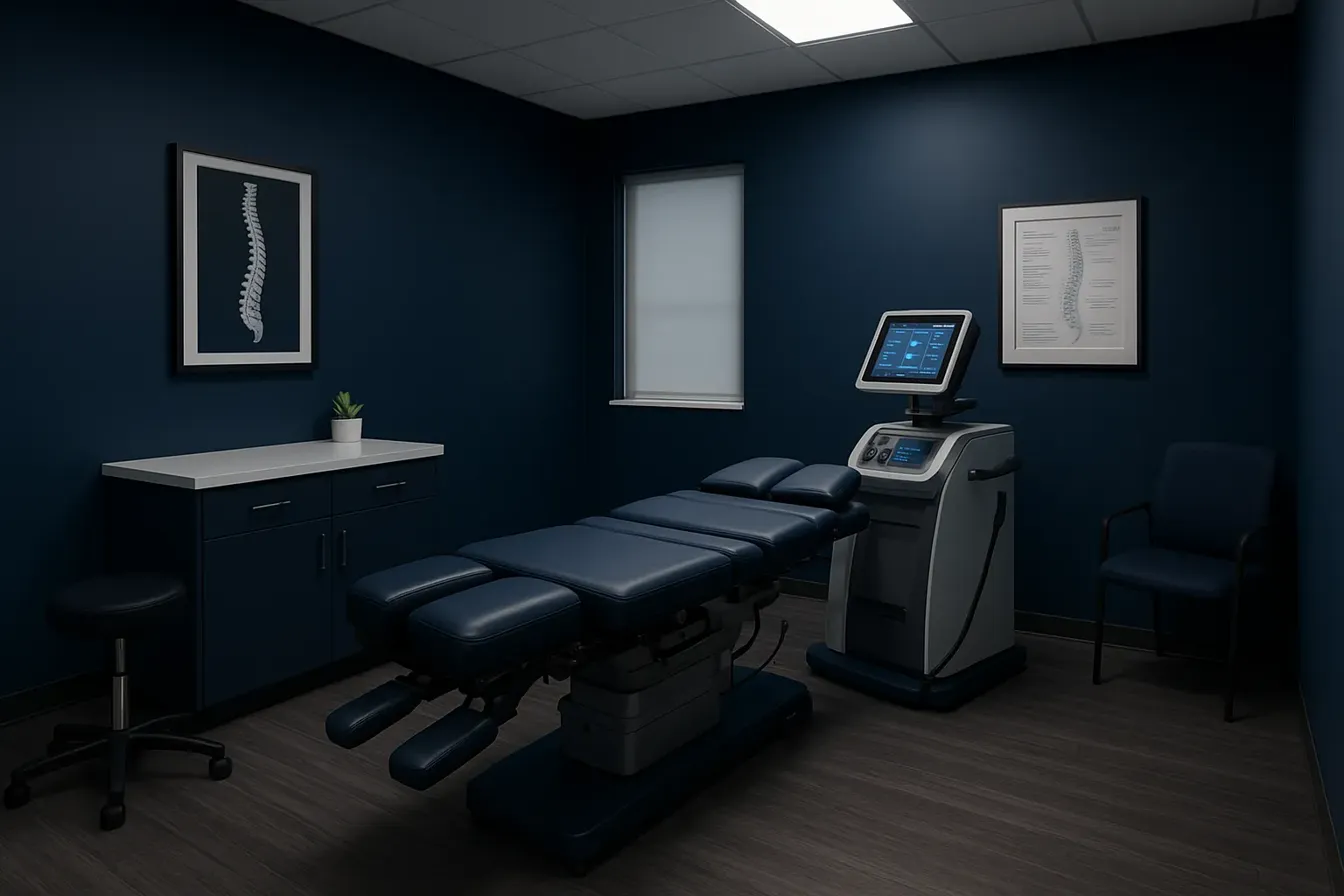
Sciatica Symptom Relief via Spinal Decompression
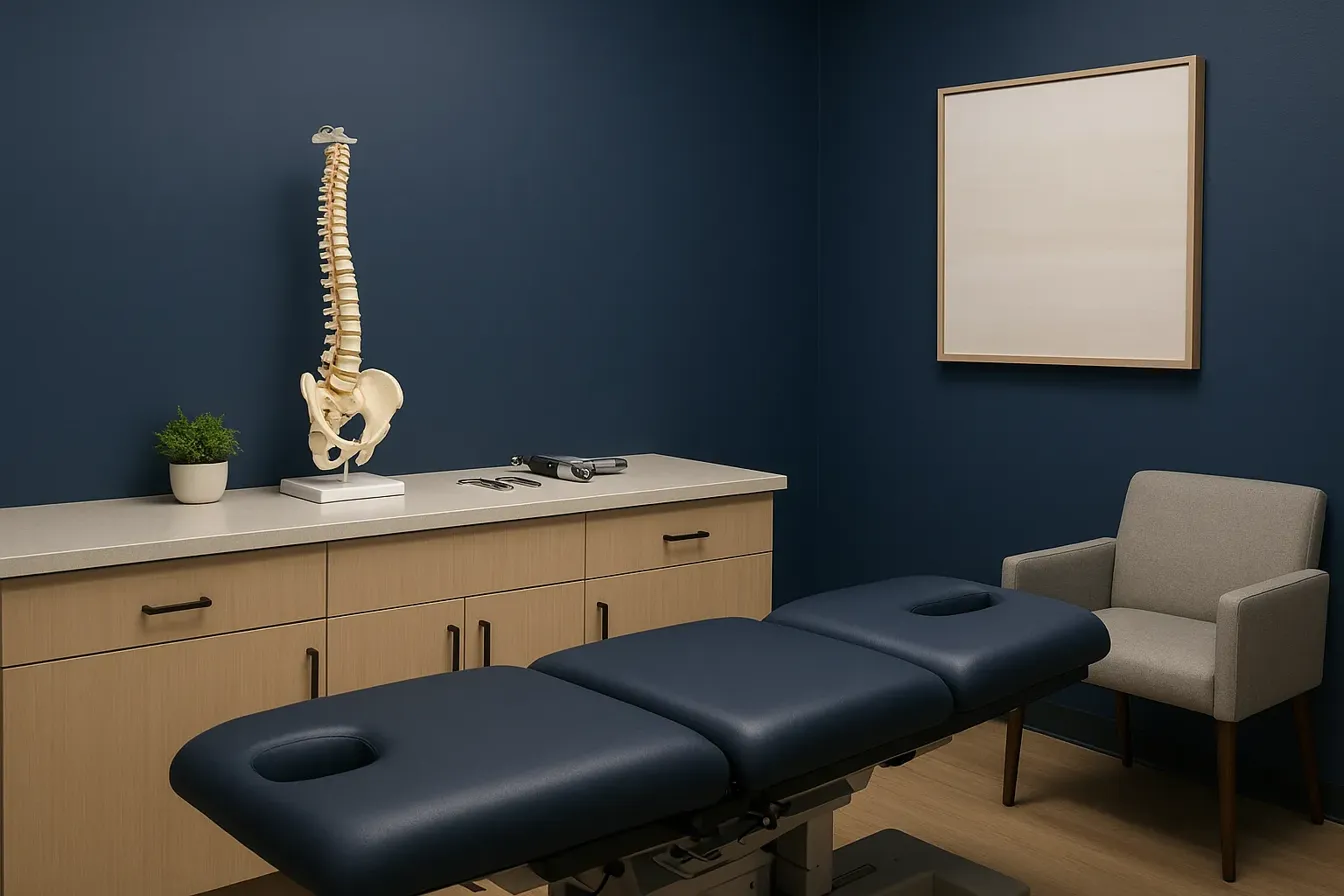
8 Reasons Why Addressing the Root Cause of Pain Is Crucial

Chiropractic Care’s Impact on Back Pain Recovery

Combining Physiotherapy with Chiropractic Care for Better Results

Inspiring Recovery: Chiropractic Patient Testimonials

Nutritional Counseling Tips for Optimal Wellness

Why Addressing the Root Cause of Pain is Crucial

Back Pain and Chiropractic Care: A Winning Combination

Chiropractic Care Benefits You Might Not Know

Exploring Holistic and Non-Surgical Treatments for Pain

Spinal Health: Lifestyle Tips for Everyday Wellness
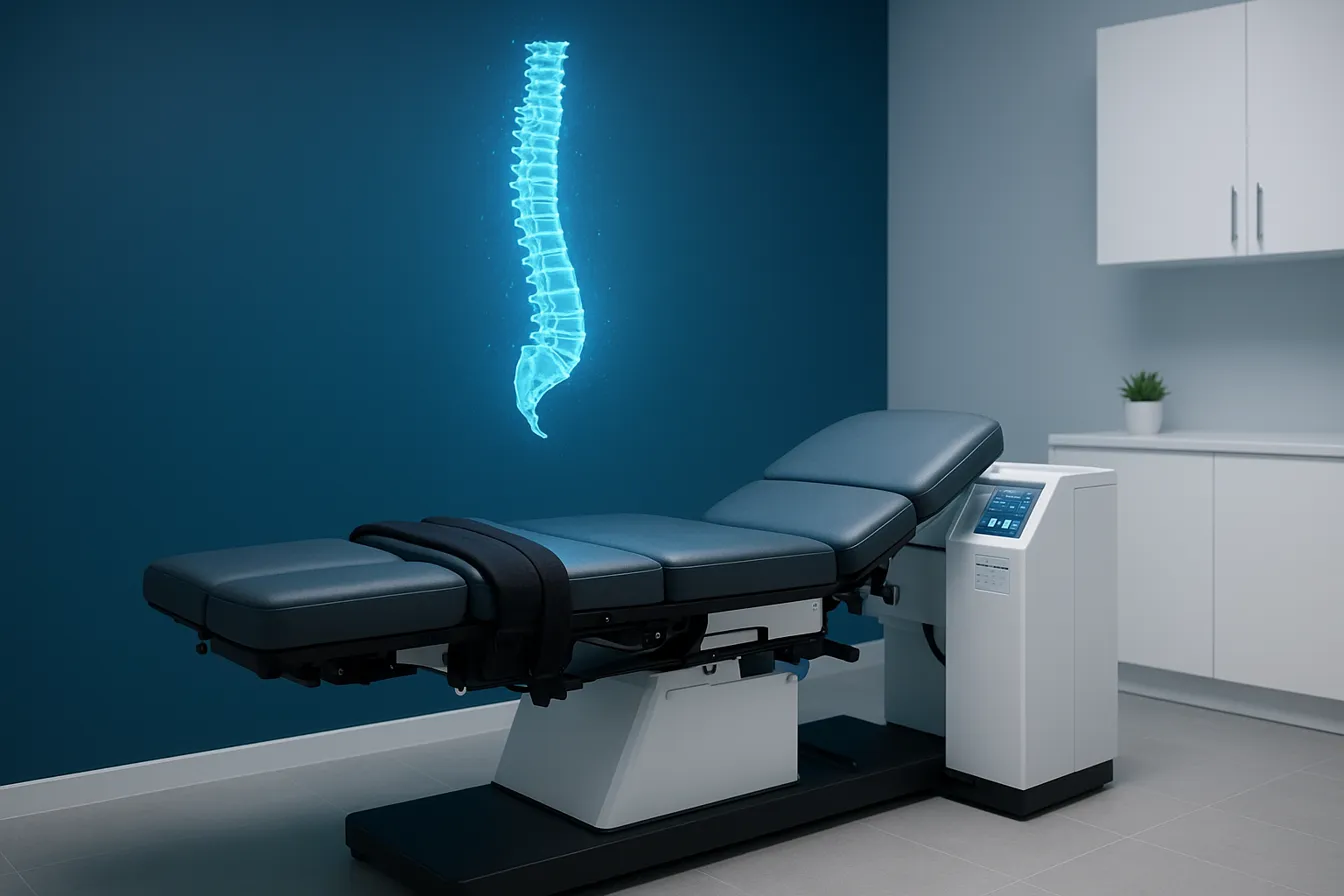
Spinal Decompression Therapy: Benefits and Applications
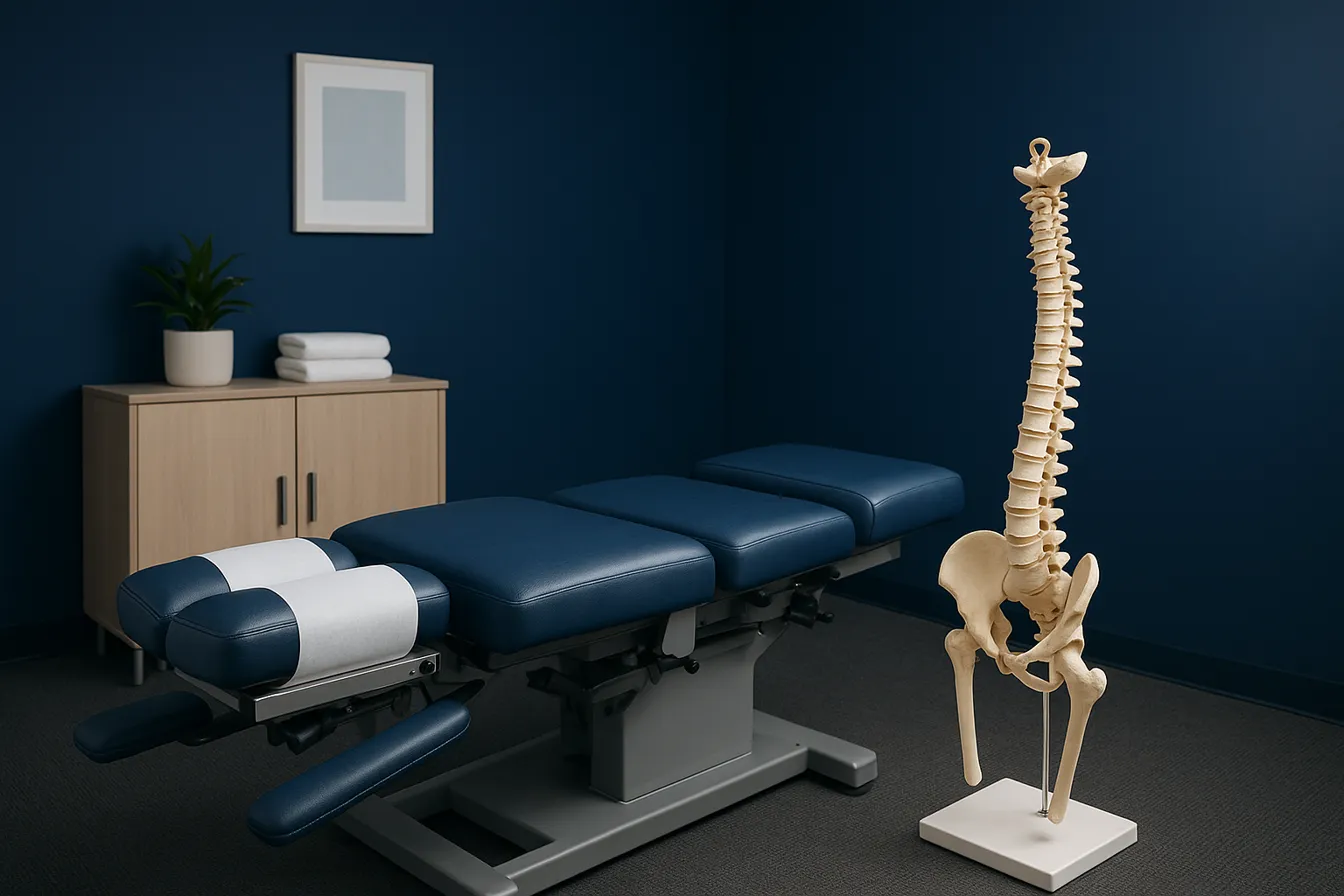
Holistic and Non-Invasive Spine Care Options
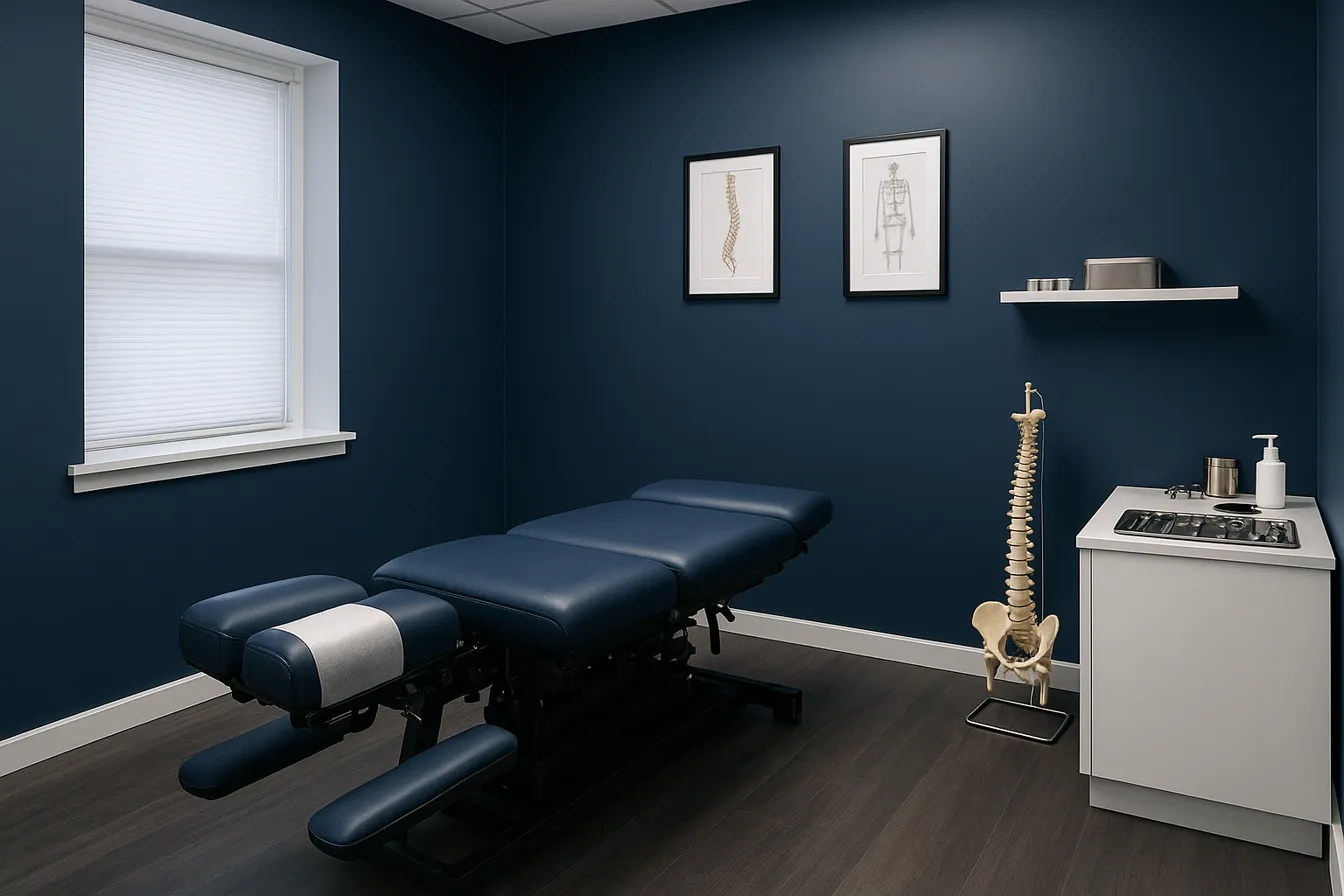
Everyday Lifestyle Advice to Keep Your Spine Healthy
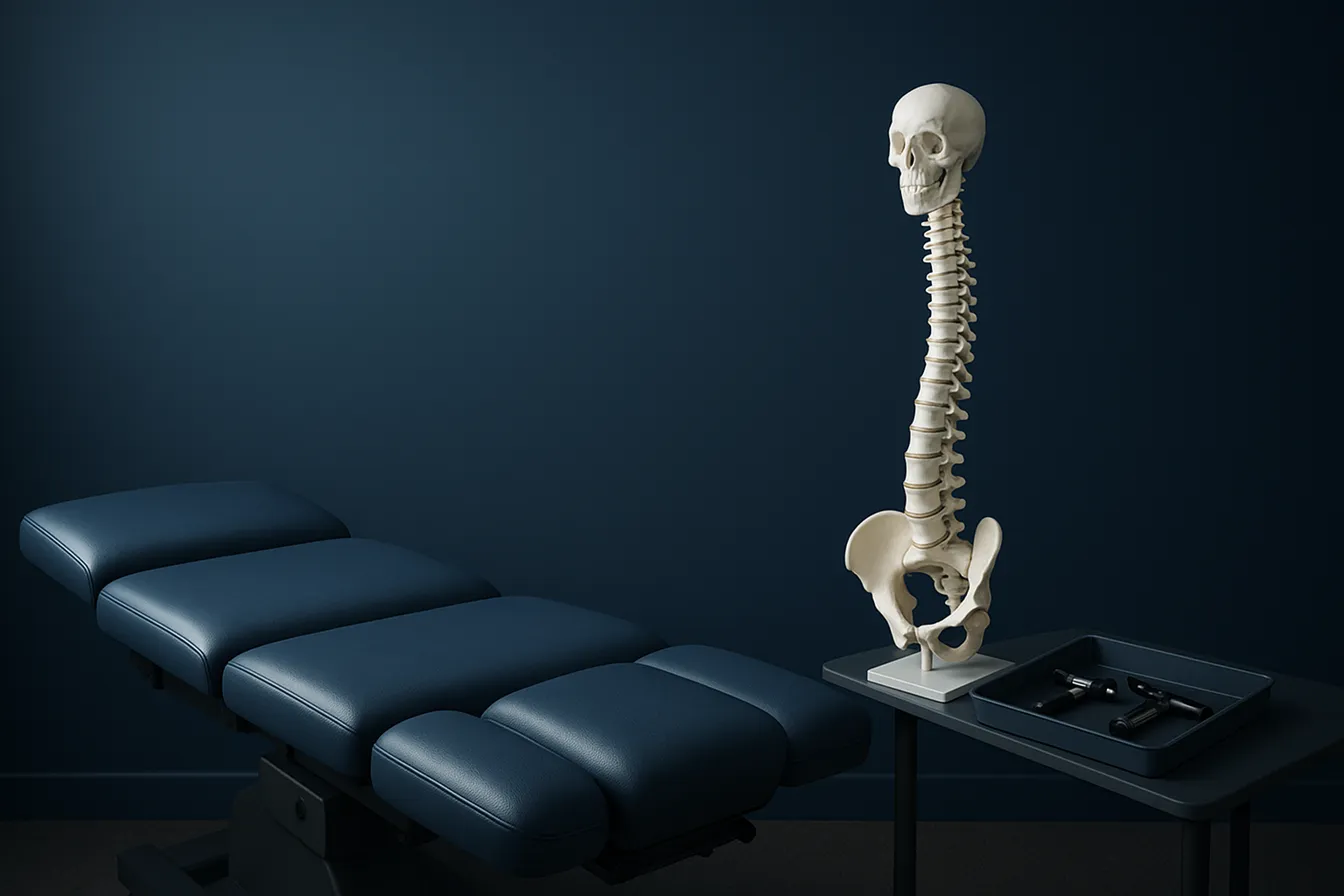
The Significance of Treating Root Causes in Pain Therapy
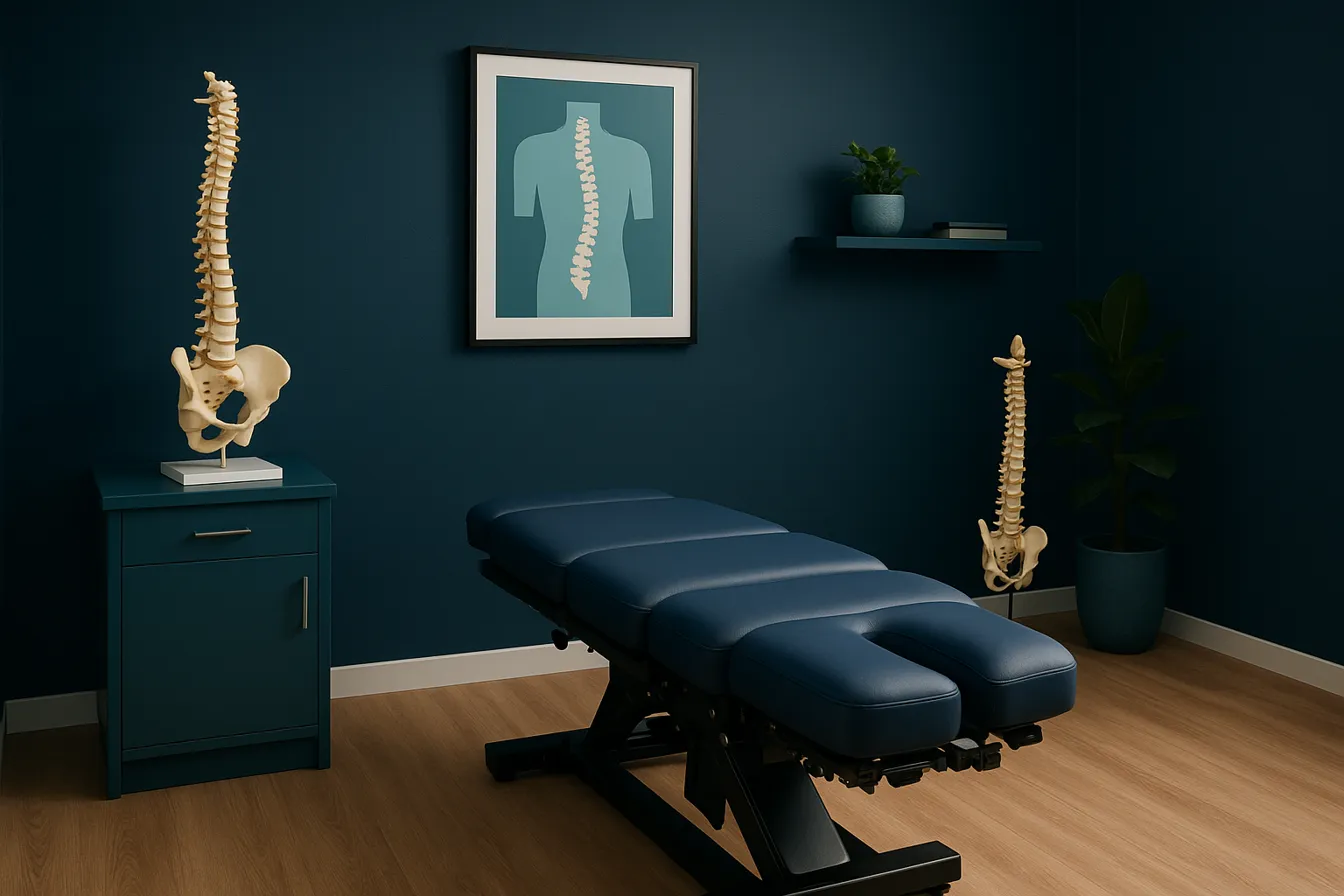
Best Corrective Exercises for Sustainable Pain Management

Addressing Underlying Causes of Pain for Long-Term Relief
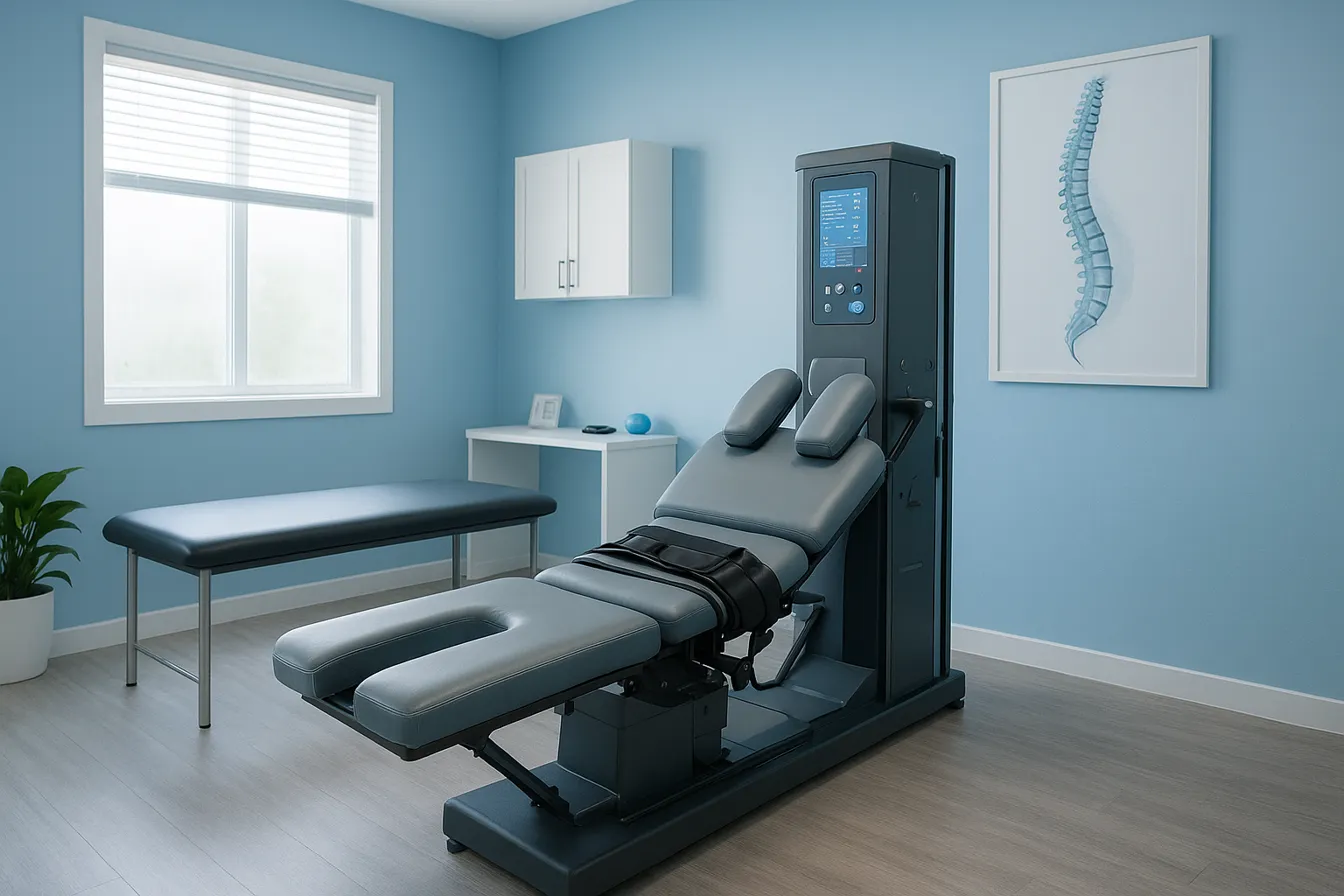
6 Key Benefits of Spinal Decompression Therapy for Sciatica Relief

How Nutritional Counseling Supports Spine Health and Recovery

The Role of Physiotherapy in Supporting Chiropractic Treatments

What Happens During Your First Visit to a Chiropractor?
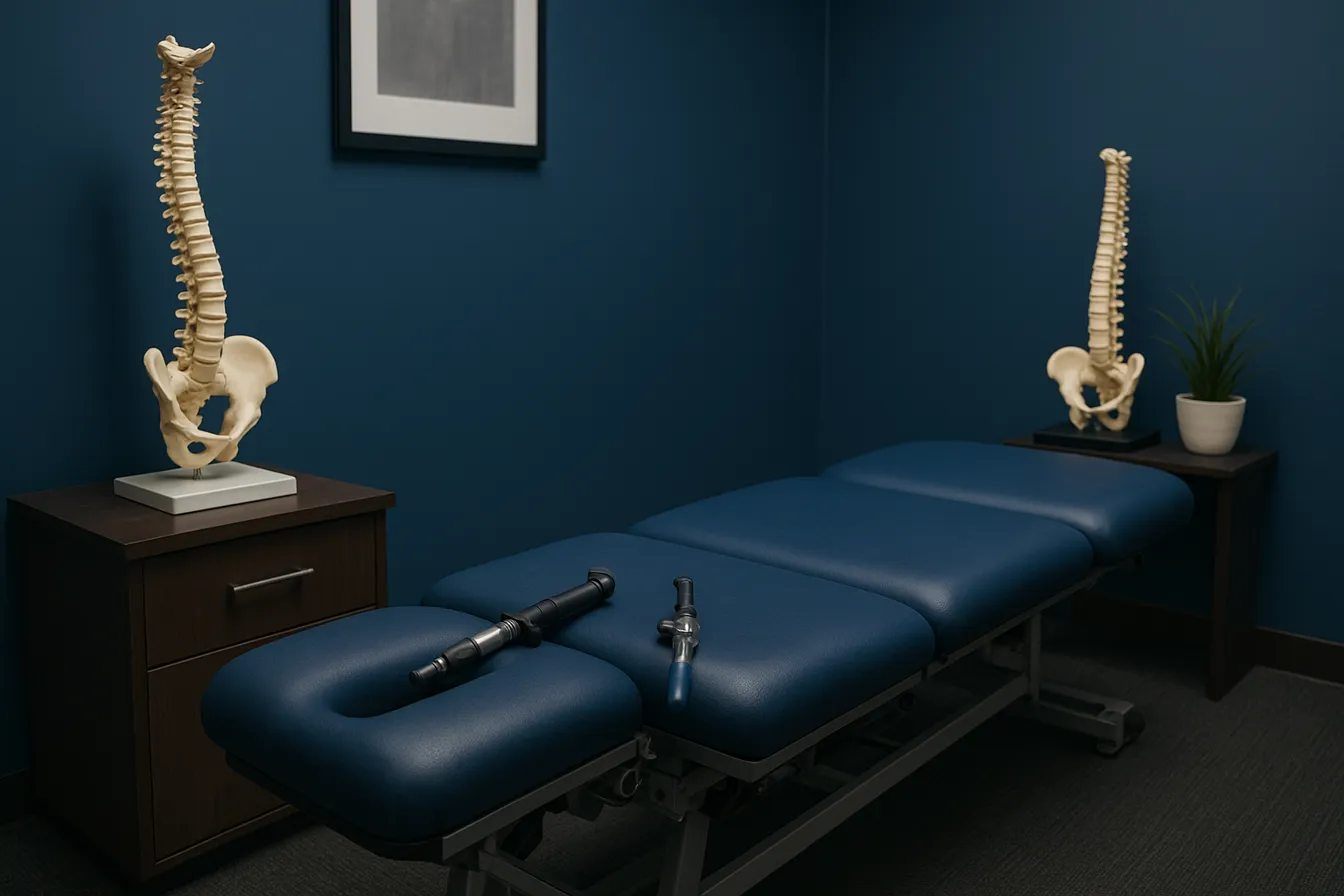
Holistic and Non-Invasive Treatments: Alternatives to Back Surgery
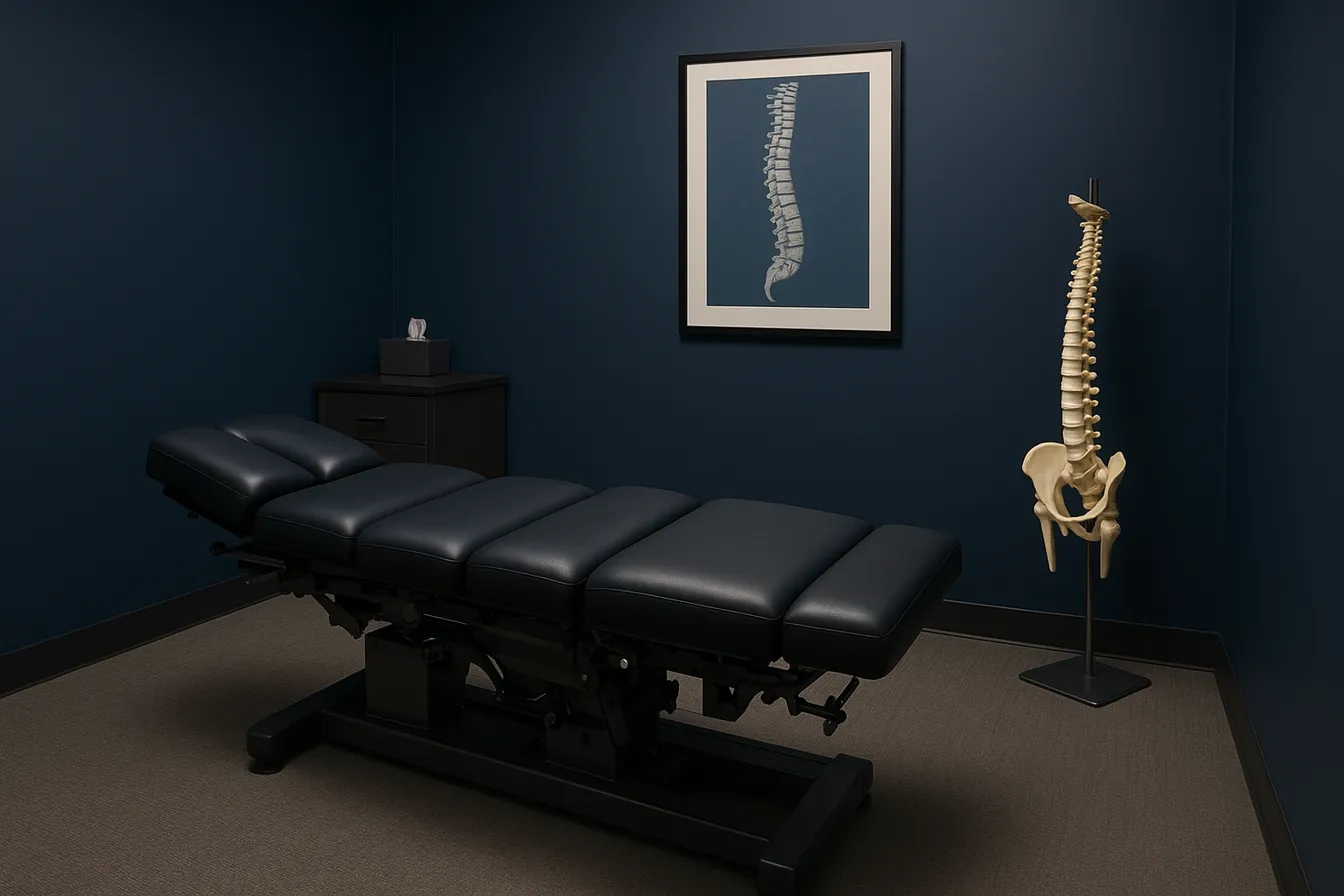
How Spinal Decompression Therapy Relieves Sciatic Nerve Pain
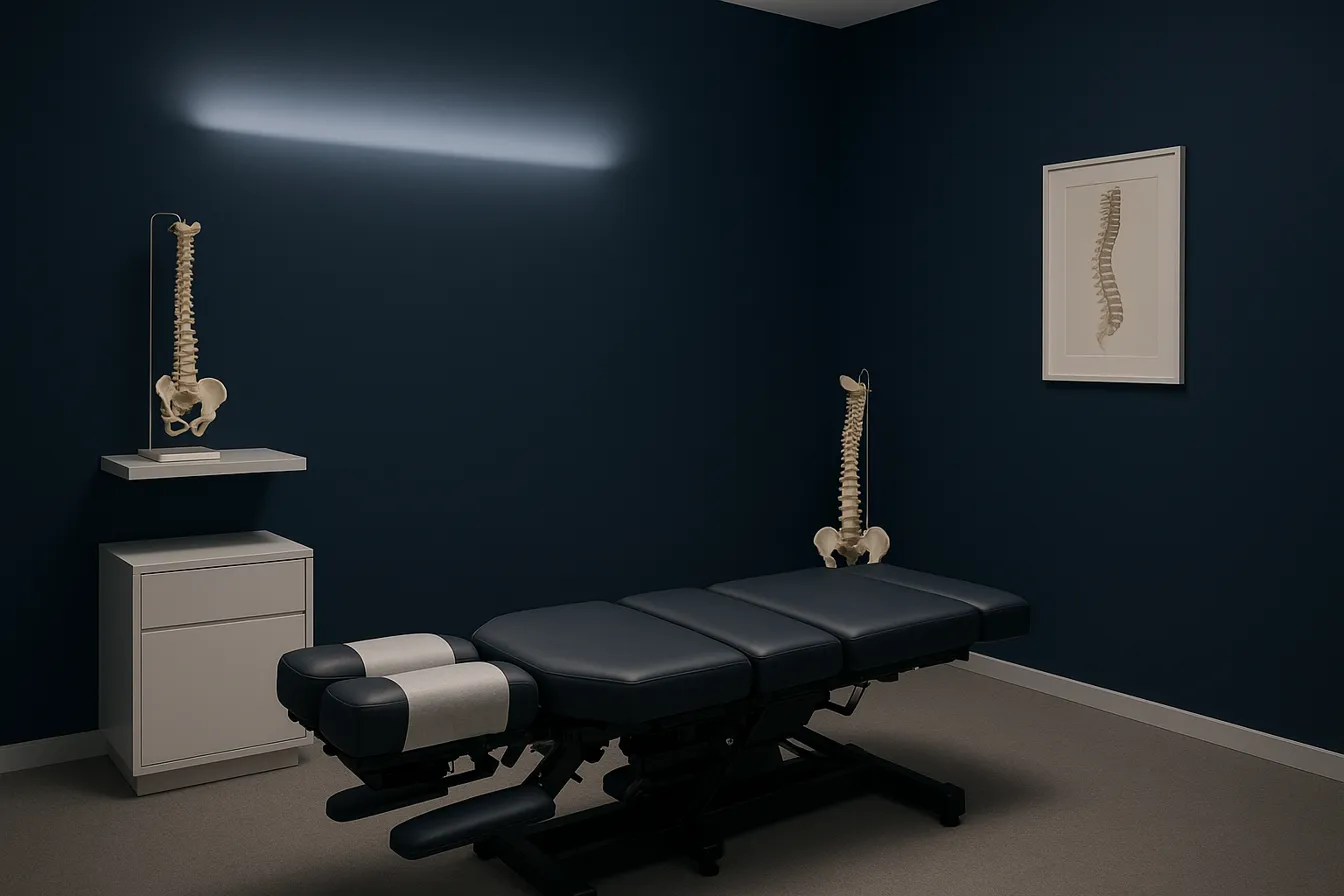
Real Patient Testimonials: Success Stories from Chiropractic Care

Understanding Spinal Decompression for Effective Sciatica Relief

What to Expect When Visiting a Chiropractor for the First Time
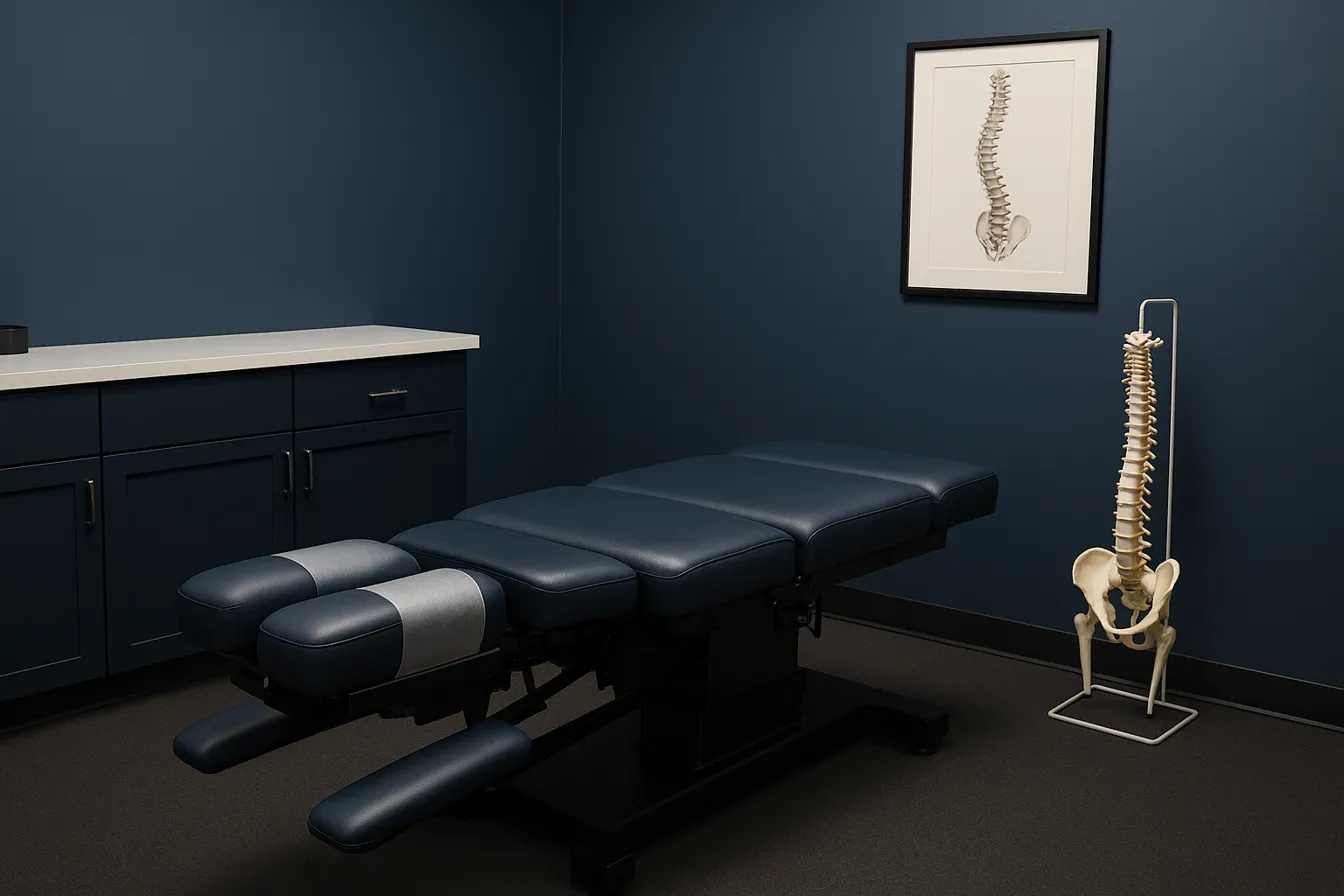
Benefits of Regular Chiropractic Adjustments for Back Pain Management

Patient Testimonials Highlighting the Benefits of Chiropractic Care

Corrective Exercise Routines Designed for Lasting Back Pain Relief
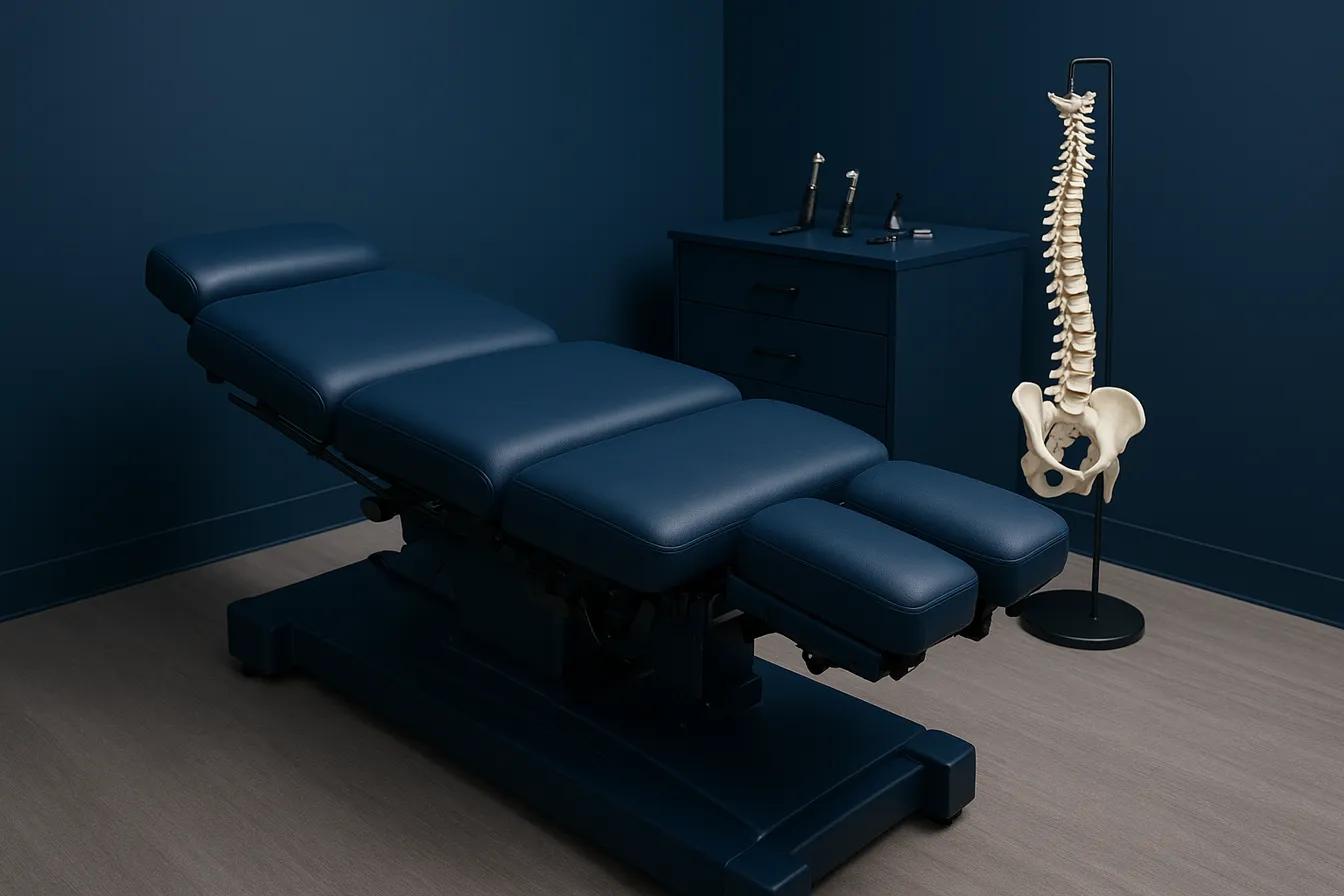
Lifestyle Recommendations for Sustaining a Healthy Spine

Nutritional Guidance to Support Spinal Function and Healing
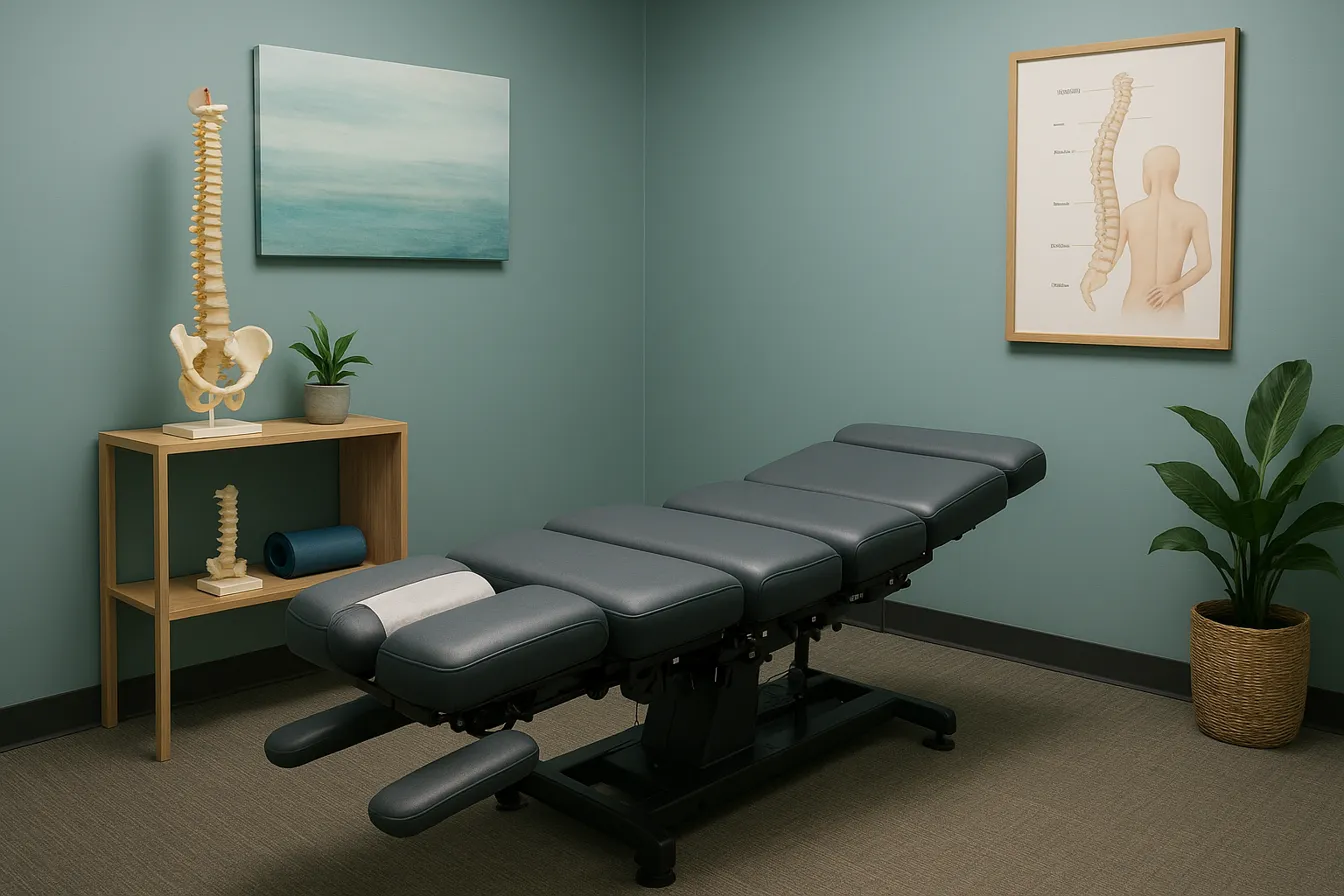
Long-Term Corrective Exercises for Preventing Recurring Back Pain
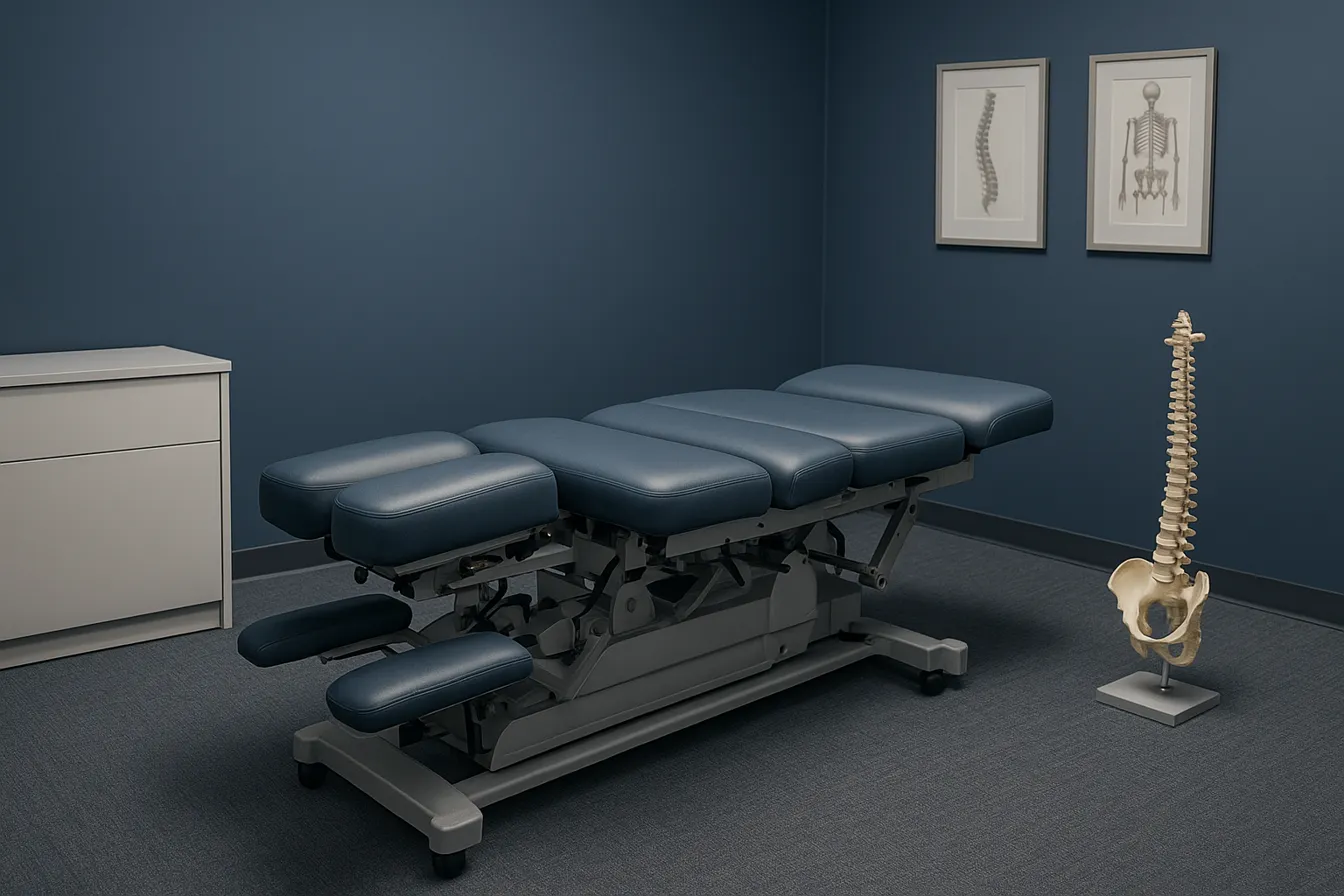
Spinal Decompression: What Sciatica Patients Should Know
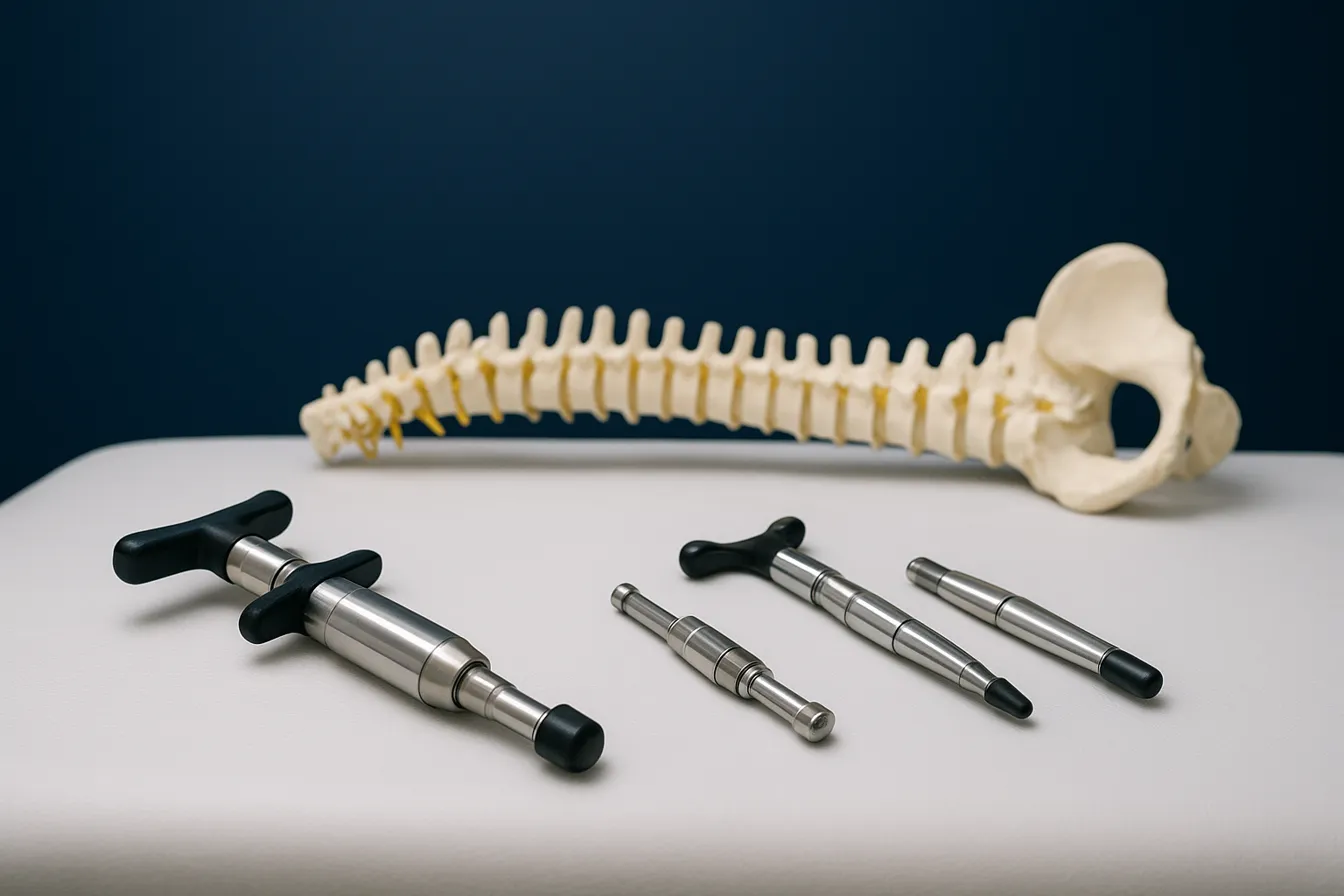
Why Treating the Root Cause of Back Pain Is More Effective Than Symptom Relief

Nutritional Counseling Strategies for Spine Health Improvement

Top Benefits of Chiropractic Care for Chronic Back Pain Sufferers

Exploring Non-Surgical and Holistic Treatment Options for Spinal Conditions
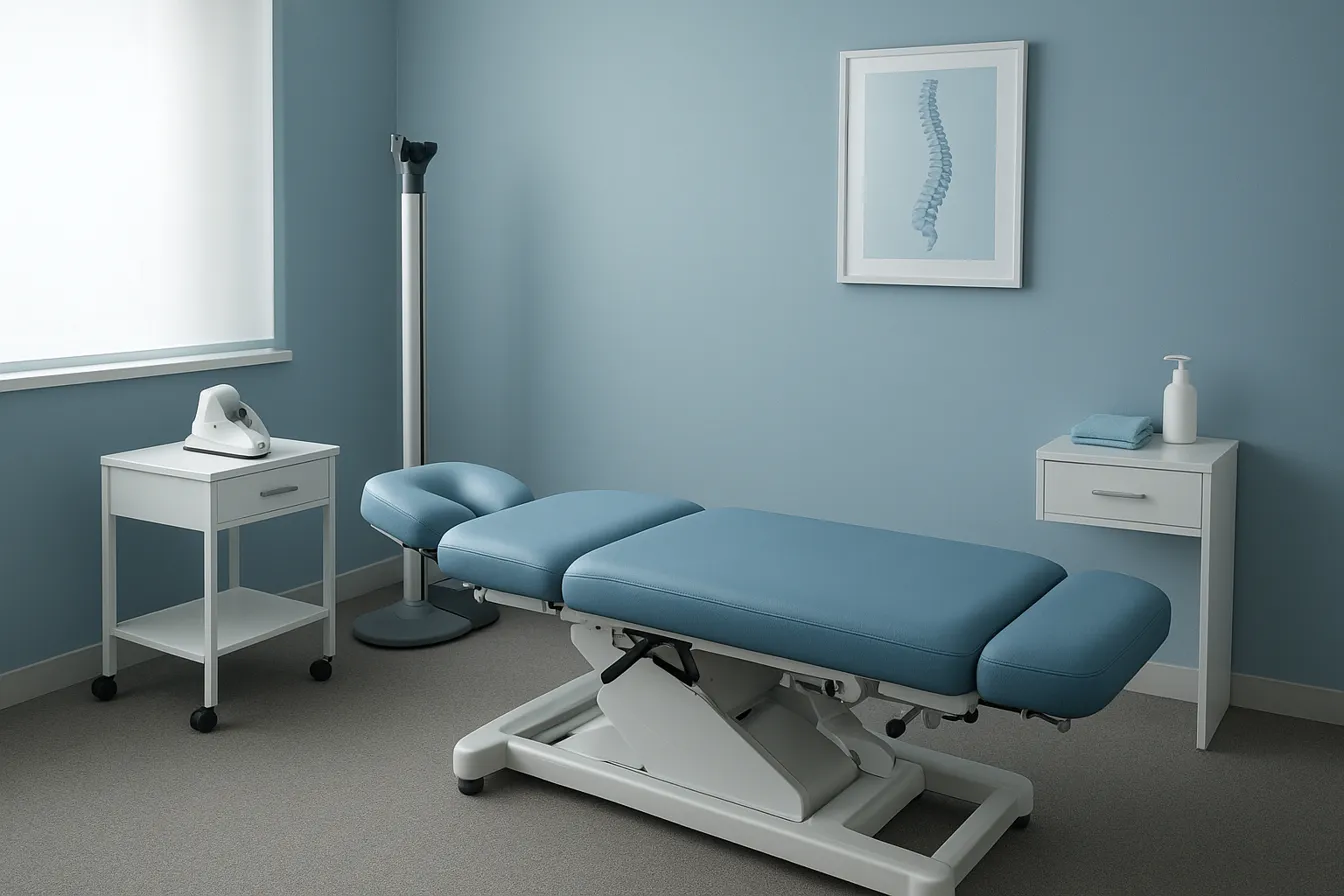
Exploring Holistic and Non-Surgical Treatments for Back Pain Relief
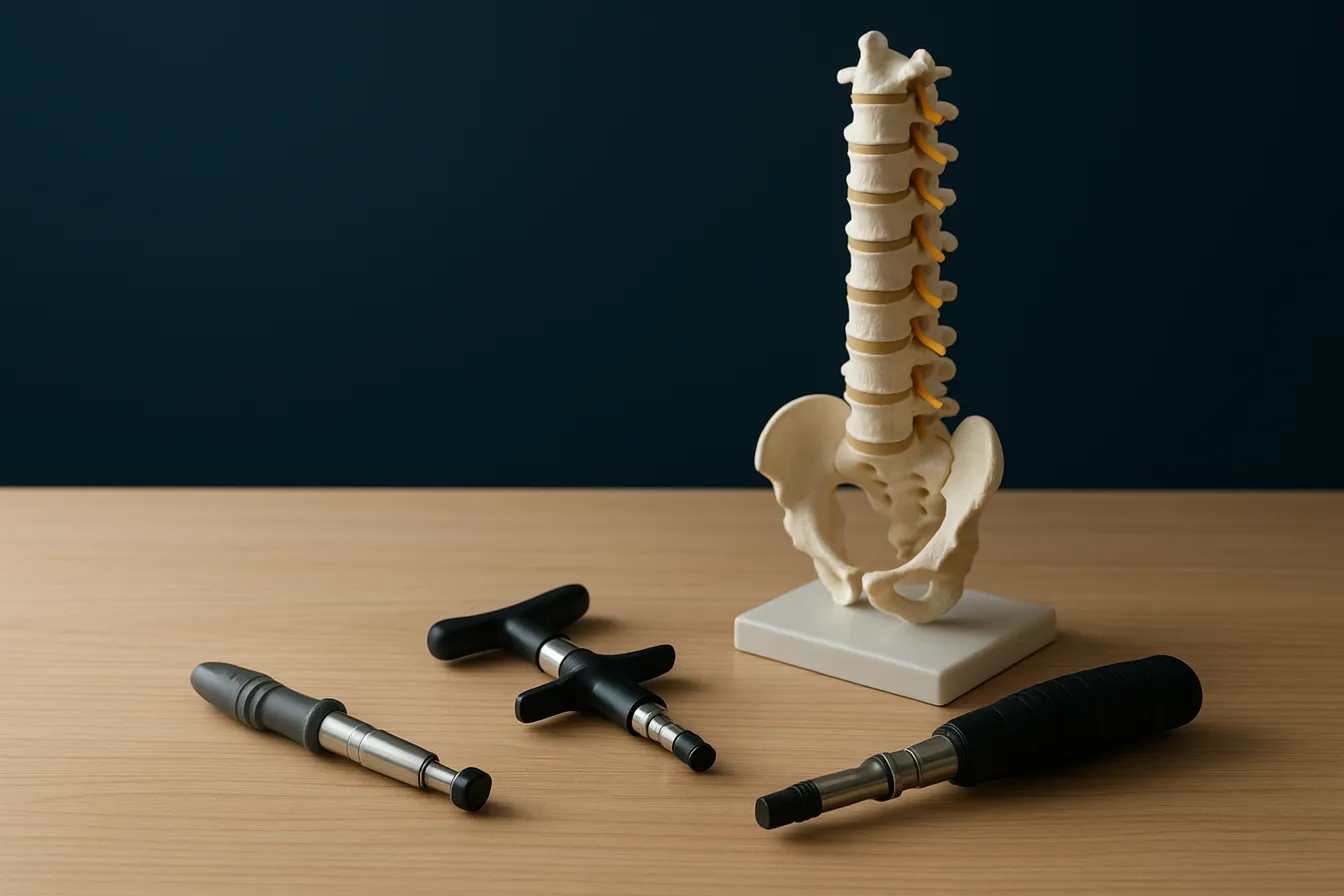
Powerful Patient Stories: Chiropractic Care Transformations

Effective Spinal Decompression Techniques for Sciatica Sufferers

Holistic Alternatives to Surgery for Chronic Back and Sciatica Pain
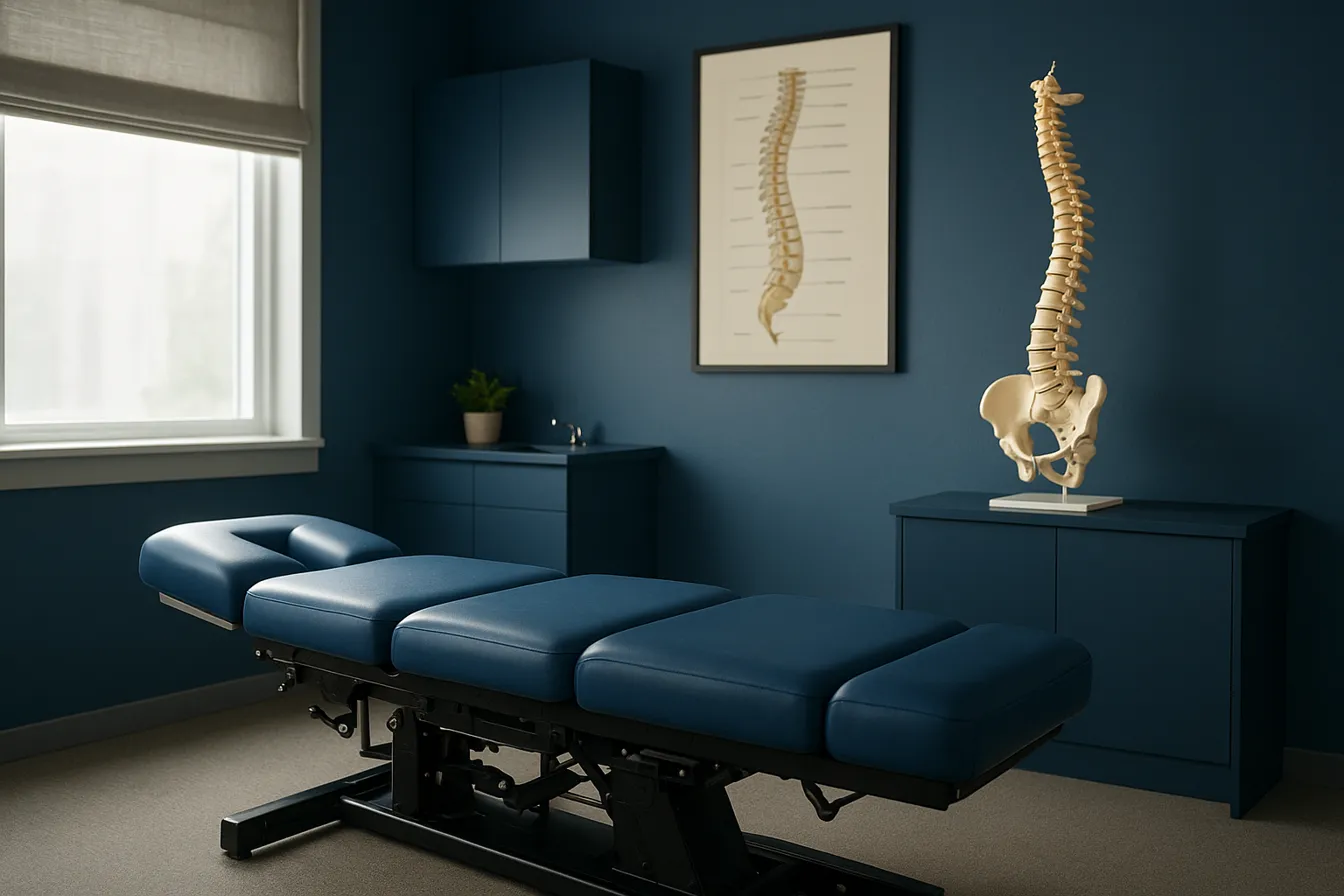
5 Corrective Exercises to Achieve Long-Term Pain Relief
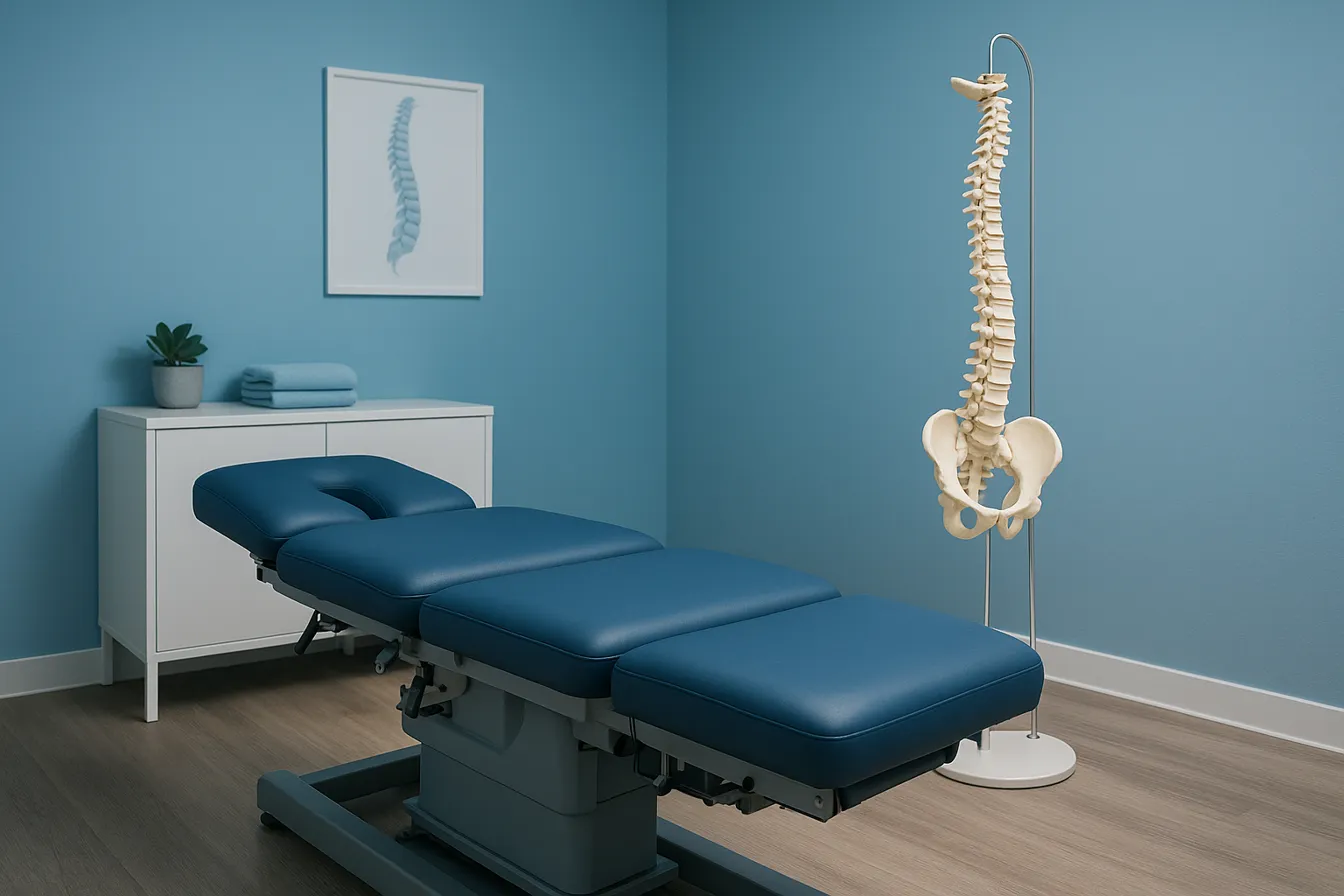
Effective Corrective Exercises to Combat Sciatica and Back Pain

How Spinal Decompression Therapy Alleviates Sciatica Pain Naturally
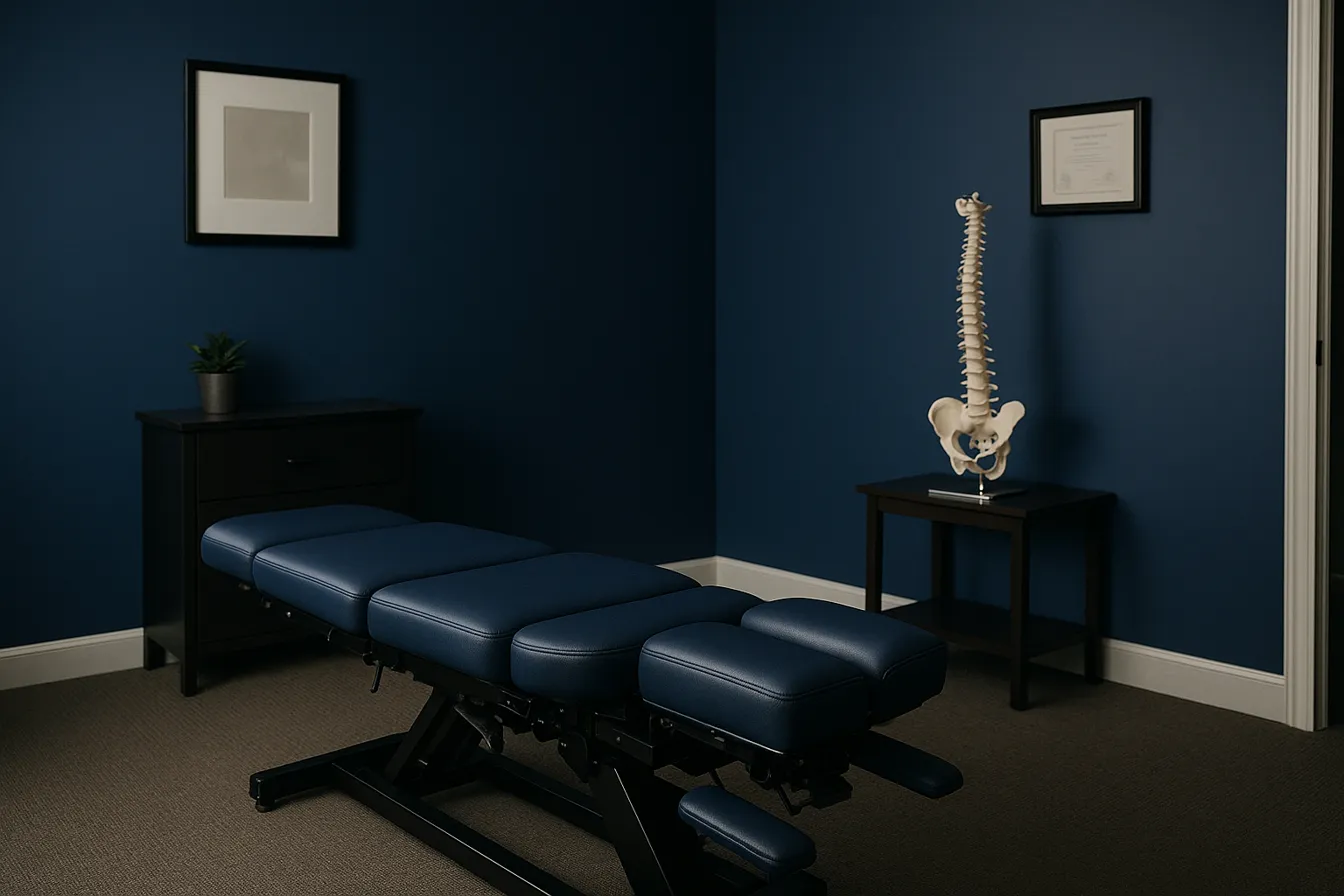
Lifestyle Changes to Maintain a Healthy Spine and Reduce Back Pain
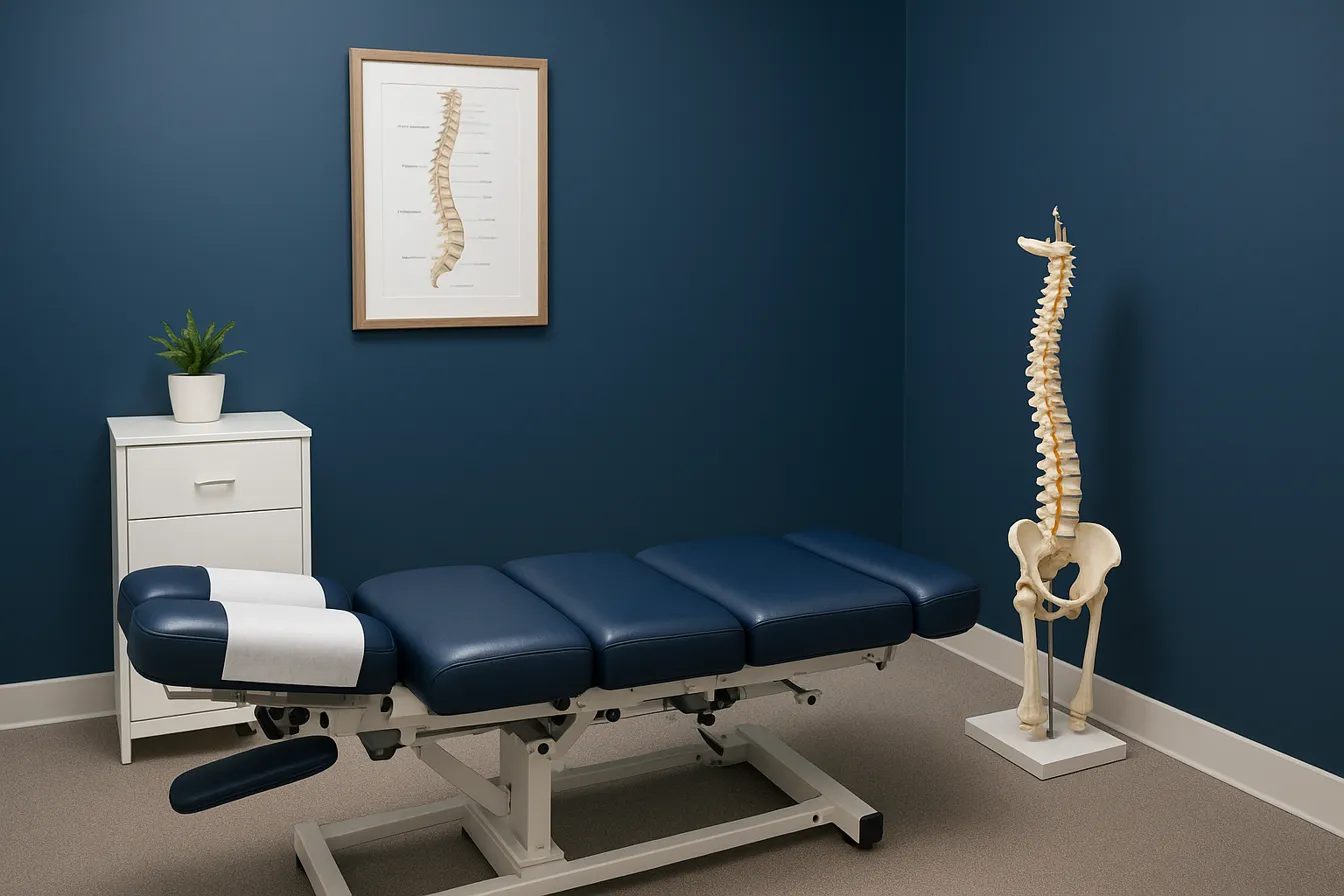
8 Things to Expect at Your First Chiropractic Visit
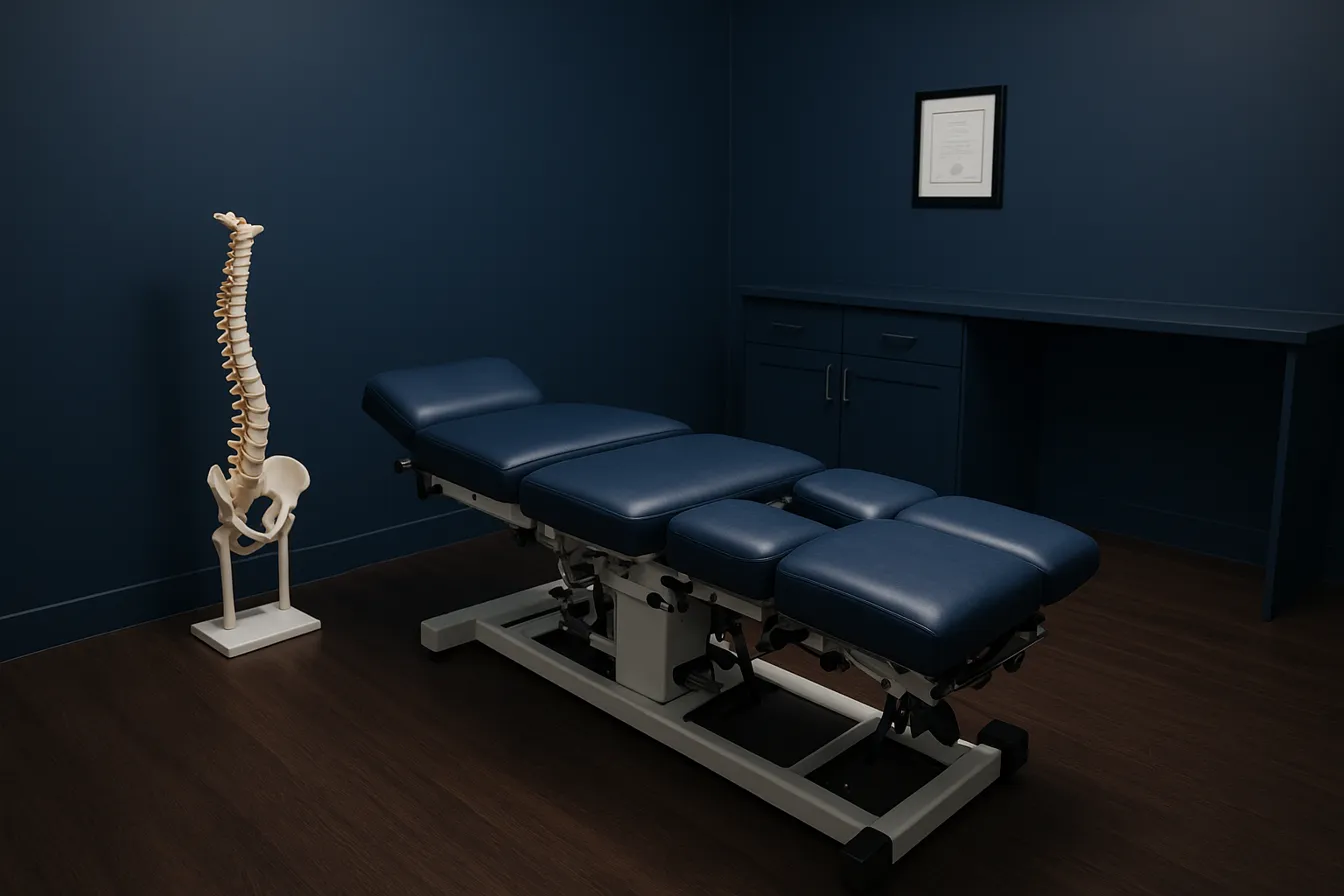
Combining Physiotherapy with Chiropractic Care for Optimal Back Pain Management

Choosing the Right Chiropractor: Expectations for Your Initial Visit
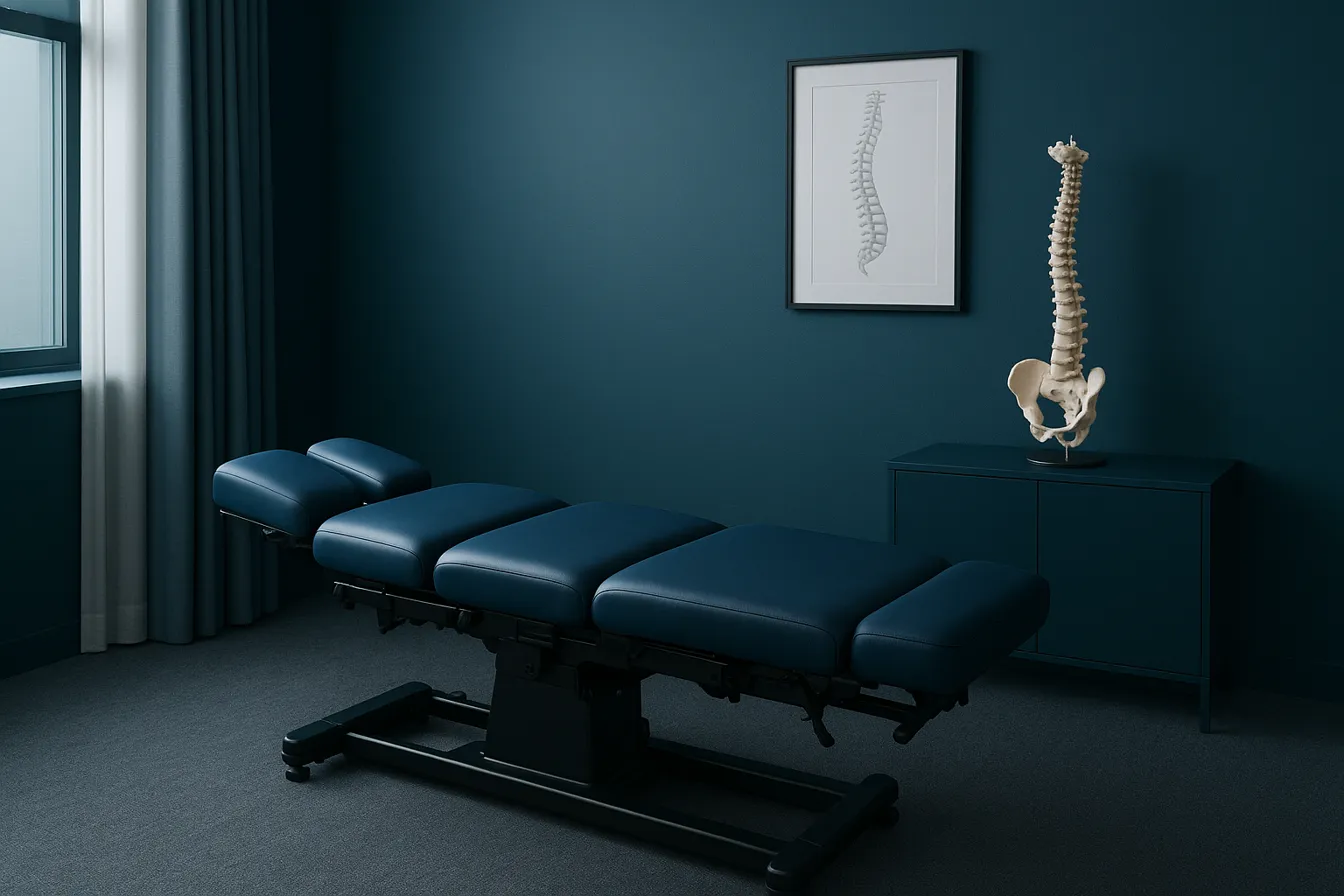
7 Inspiring Patient Testimonials That Highlight Chiropractic Success

10 Reasons Why Addressing the Root Cause of Pain is Essential

Inspiring Chiropractic Patient Testimonials and Their Healing Journeys

9 Nutritional Counseling Tips for Enhancing Overall Wellness

Understanding the Importance of Root Cause Analysis in Pain Management

Addressing Pain at Its Source: The Importance of Root Cause Treatment
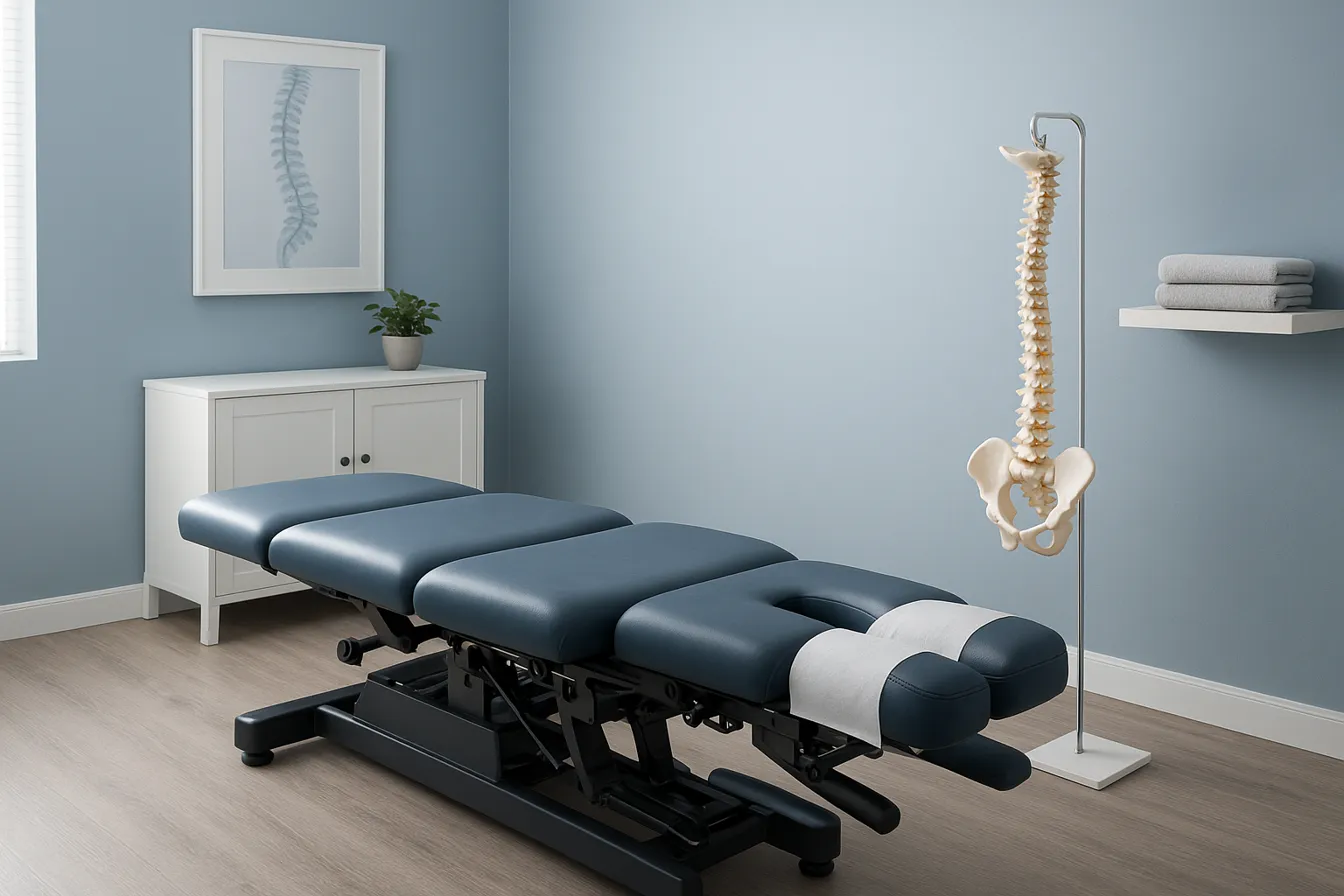
Lifestyle Advice for Back Pain Prevention and Spinal Care
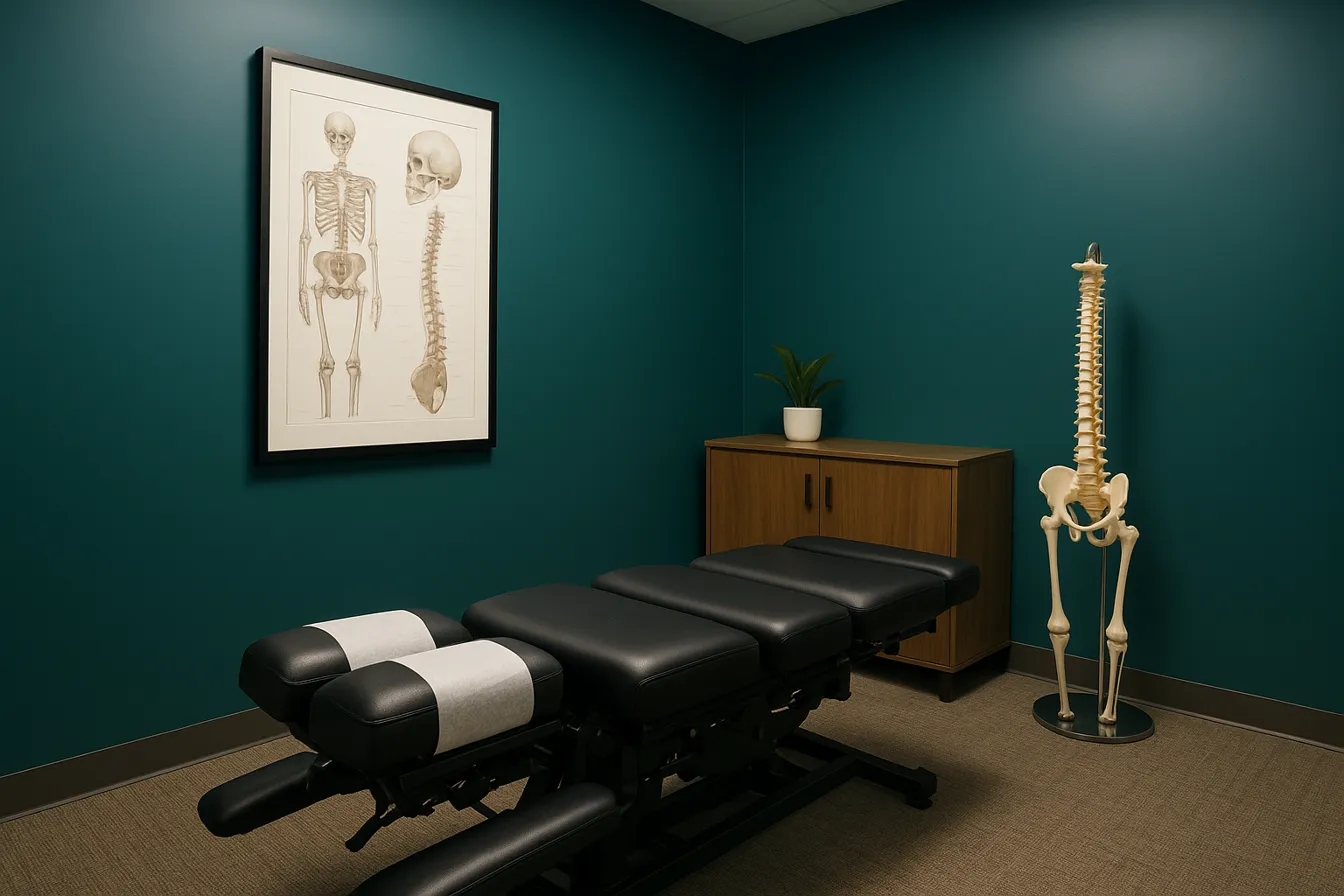
Combining Physiotherapy and Chiropractic for Enhanced Recovery
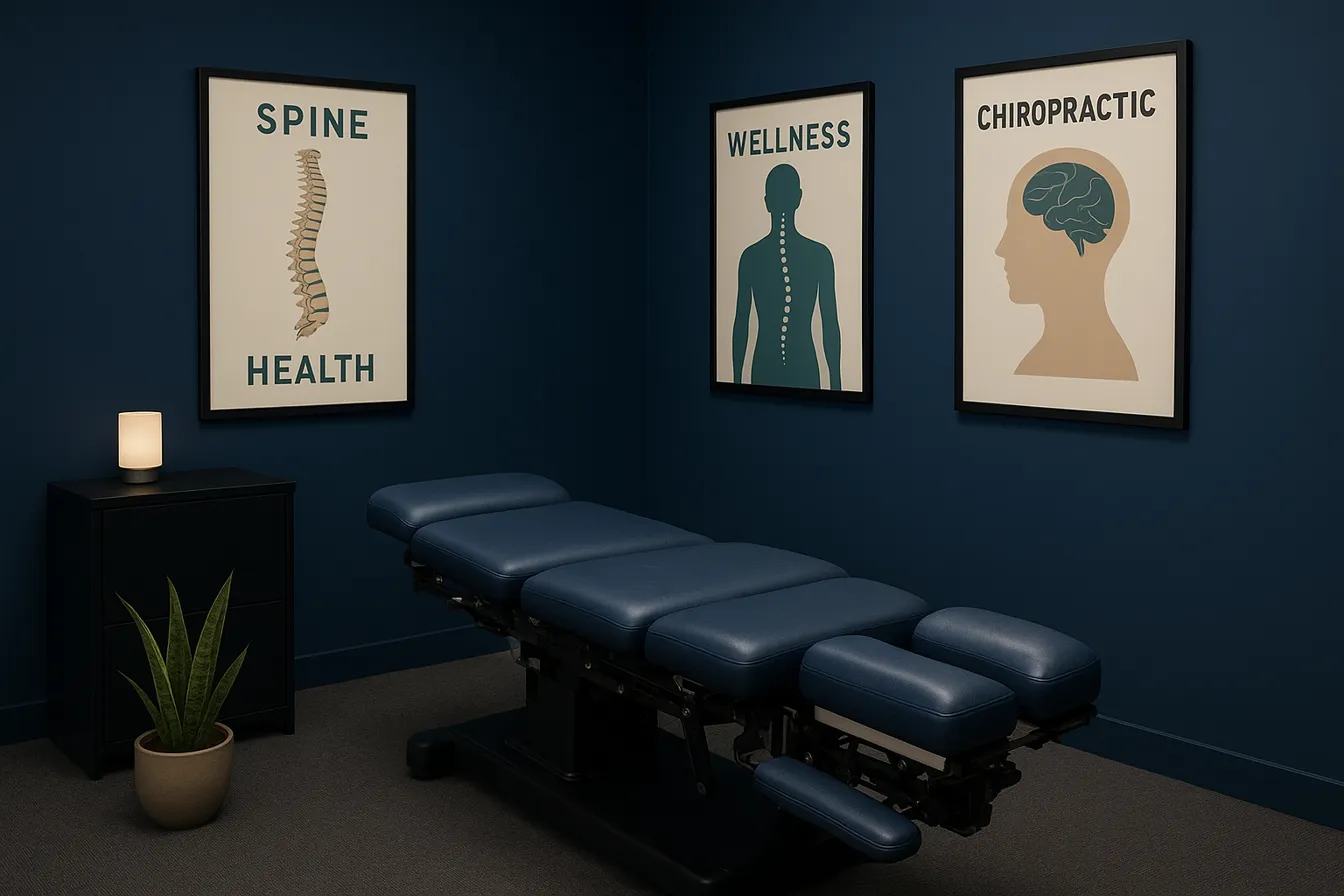
Preparing for Your First Chiropractor Appointment: What You Should Know
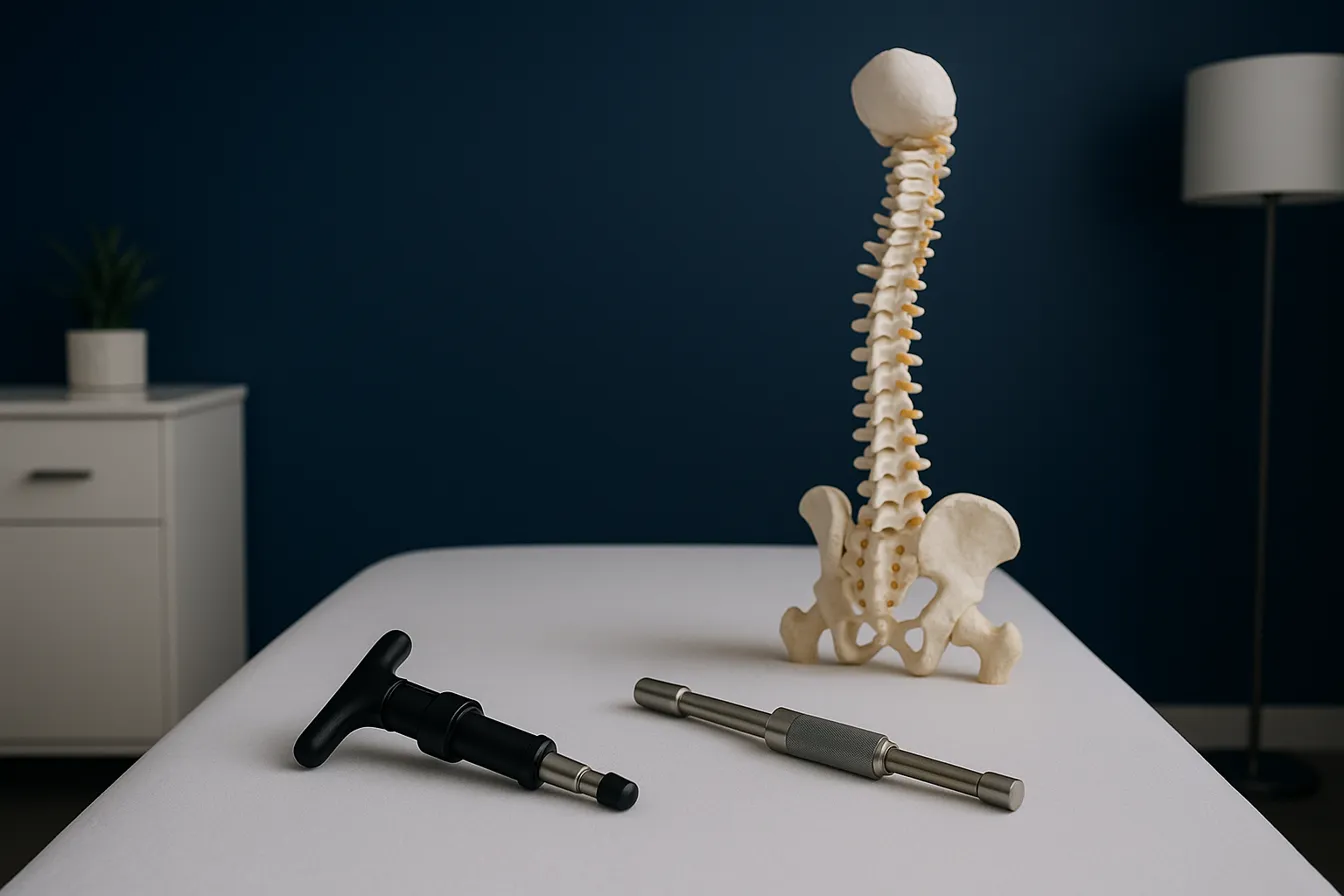
Corrective Exercises to Strengthen Your Back and Prevent Pain

How Treating the Root Cause Can Prevent Chronic Back Pain Recurrence
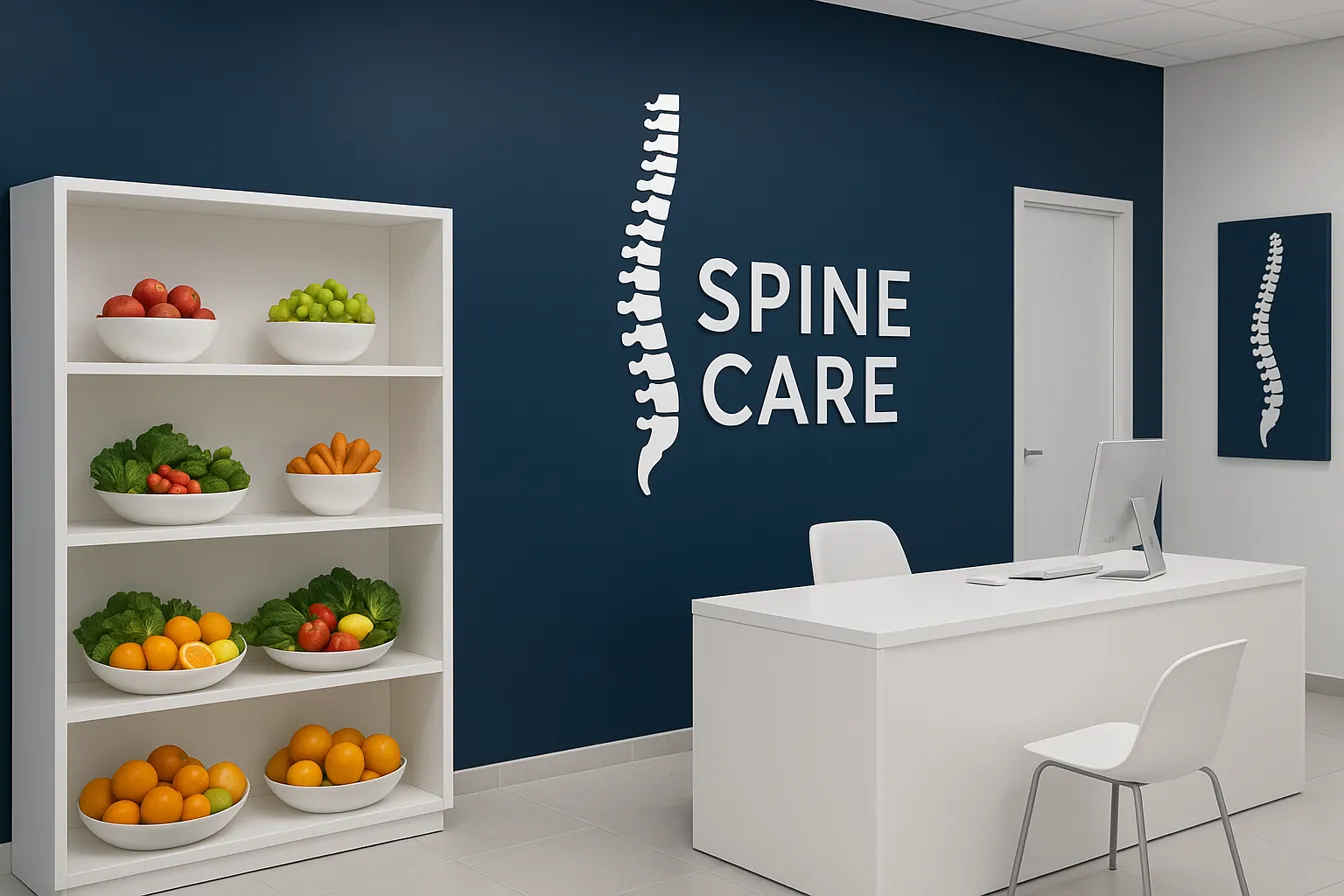
The Role of Nutrition in Supporting a Healthy Spine

Nutritional Counseling Tips to Enhance Spinal Health and Wellness

Practical Lifestyle Advice for Maintaining Spinal Alignment and Health
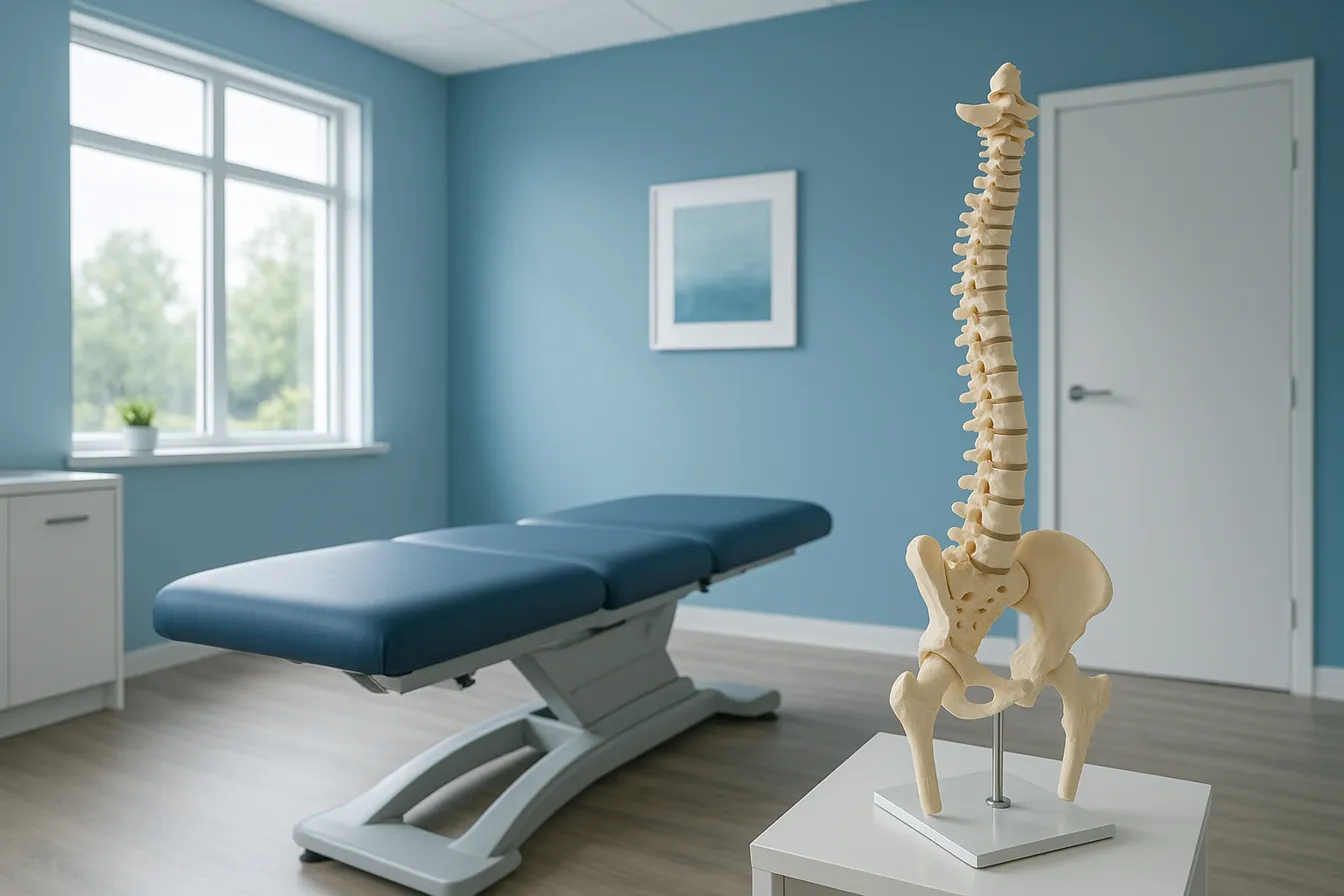
Chiropractic Care: Key Benefits for Managing and Preventing Back Pain

Corrective Exercises That Support Long-Term Relief from Sciatica

Chiropractic Methods That Provide Lasting Relief from Back Pain

Understanding Spinal Decompression and Its Benefits for Sciatica

Real Patient Testimonials: Success Stories in Chiropractic Care

Top Questions to Ask Your Chiropractor During Your Initial Visit

Physiotherapy's Role in Supporting Chiropractic Treatment Plans

The Role of Diet and Nutrition in Enhancing Wellness and Chiropractic Care

Inspiring Patient Testimonials Highlighting Chiropractic Success

Chiropractic Care: A Natural Solution for Back Pain Relief

Amazing Patient Success Stories in Chiropractic Wellness

Combining Physiotherapy and Chiropractic for Optimal Healing

Spinal Decompression Therapy: A Breakthrough for Sciatica Sufferers

5 Holistic Treatments That Complement Chiropractic Care

How Physiotherapy Supports and Enhances Chiropractic Treatment

Root Cause Versus Symptom Treatment: Making the Right Choice

7 Essential Things to Know Before Choosing Your Chiropractor

Why Addressing Root Causes of Pain Matters More Than Just Symptoms

Nutritional Counseling Strategies to Boost Your Overall Wellness

How Spinal Decompression Therapy Alleviates Sciatic Nerve Pain

Long-Term Pain Relief Through Targeted Corrective Exercises

10 Benefits of Integrating Physiotherapy with Chiropractic Treatments

Corrective Exercises That Help Prevent Recurring Pain

8 Corrective Exercises Proven for Lasting Pain Relief

Lifestyle Habits for Maintaining a Healthy Spine

What You Will Experience at Your Initial Chiropractic Visit

What Happens at Your First Visit to a Chiropractor?

Focusing on Root Cause Analysis for Effective Pain Relief

Tips for Lifestyle Changes to Support Spinal Health

Tips for Lifestyle Changes to Support Spinal Health

